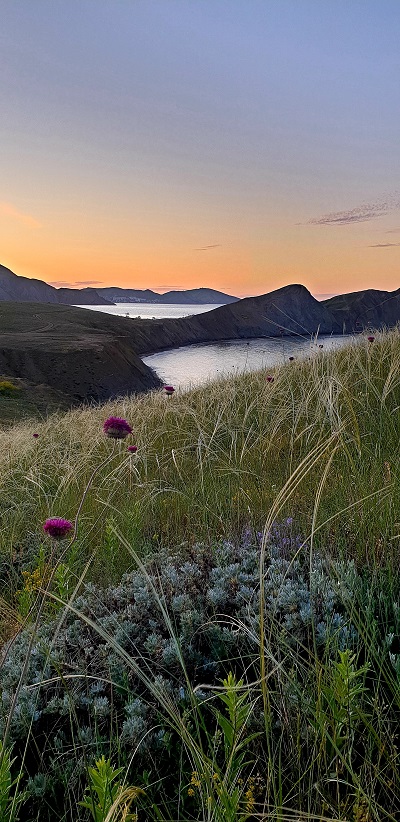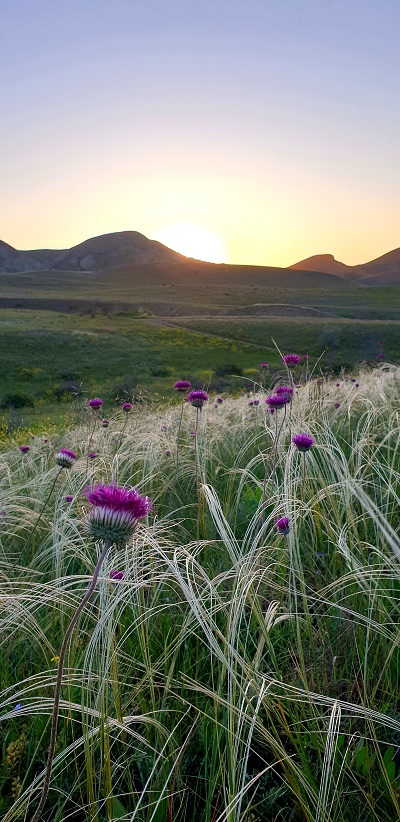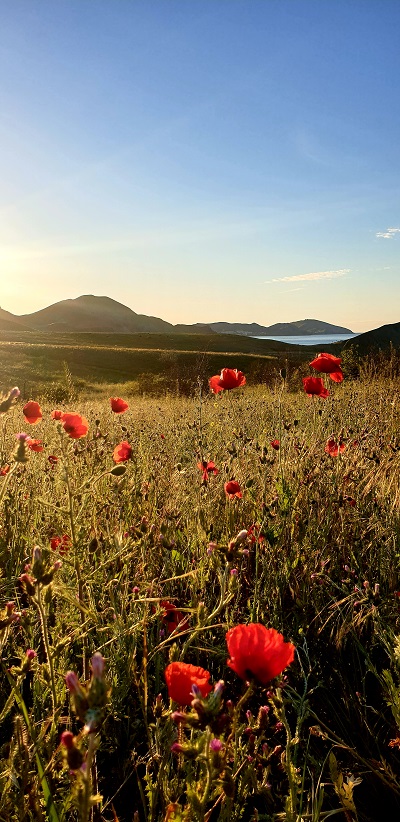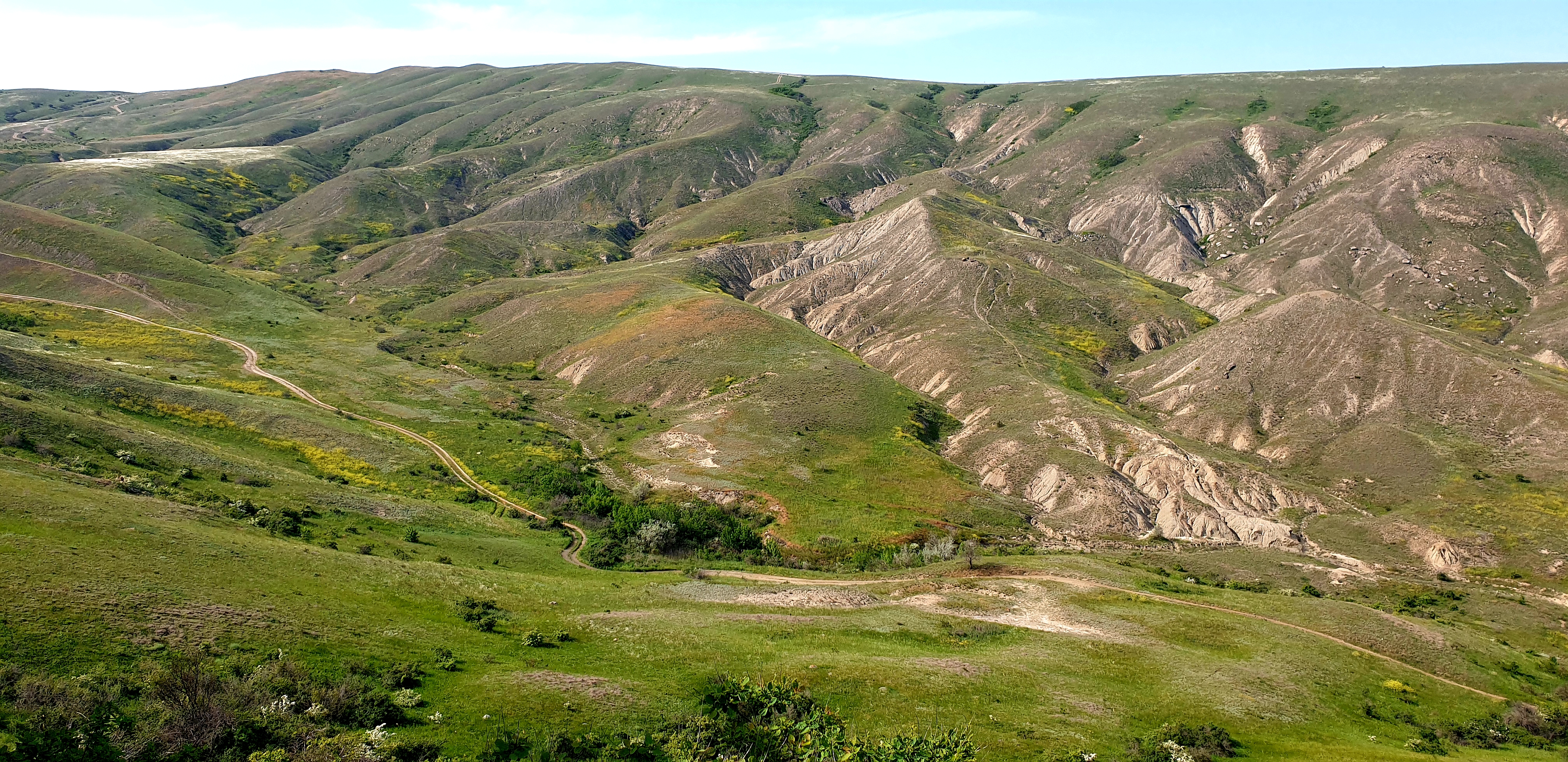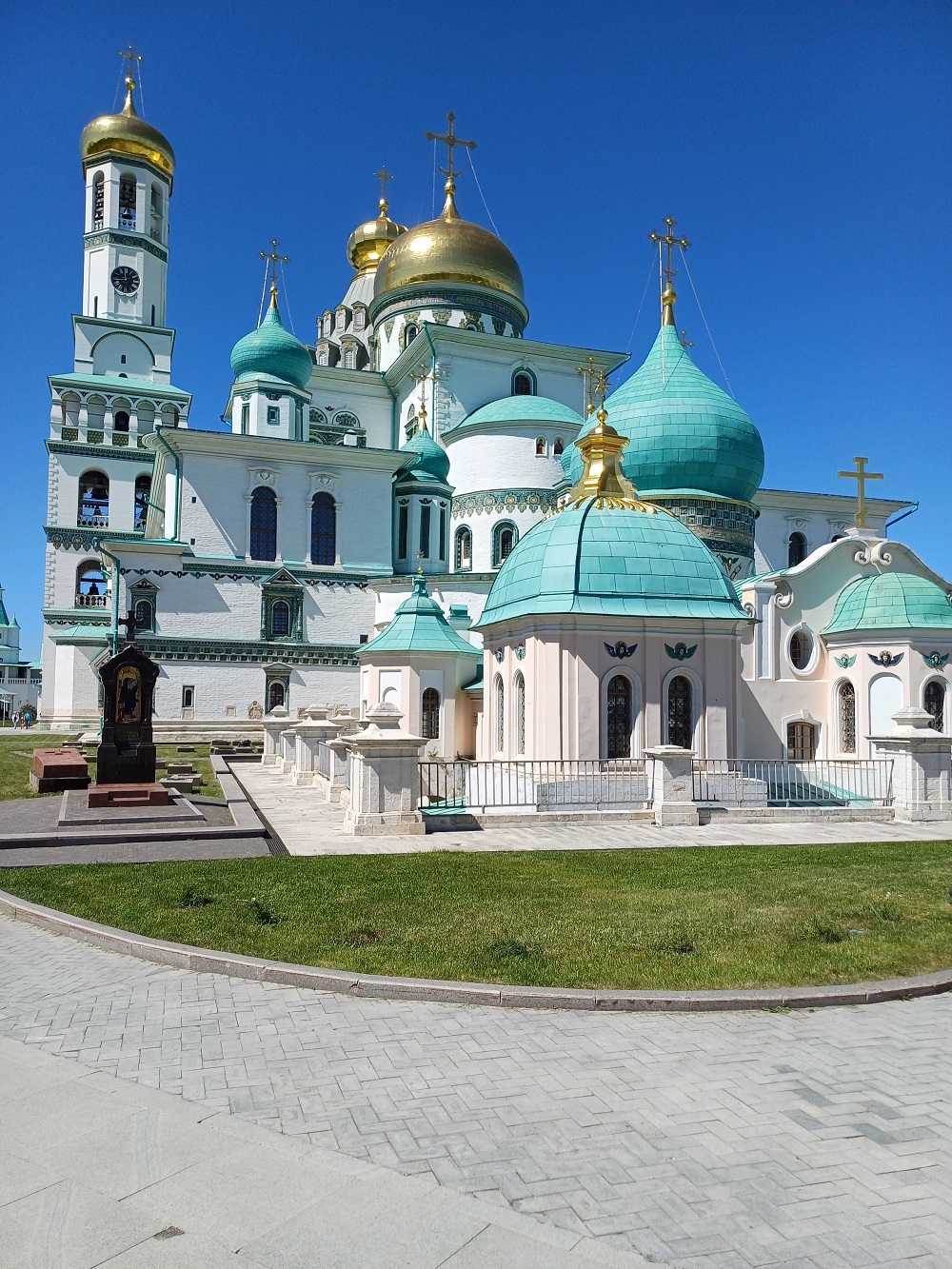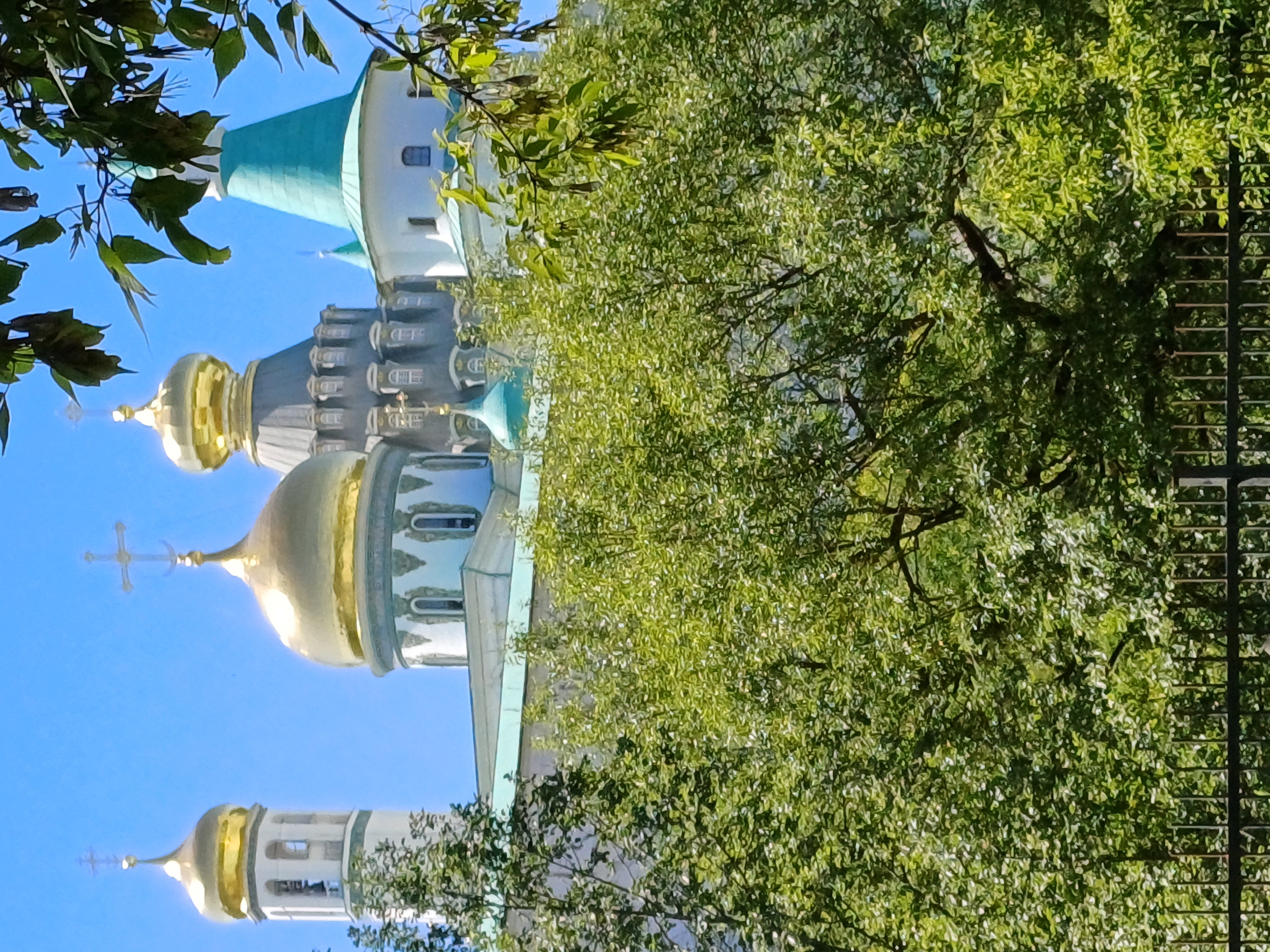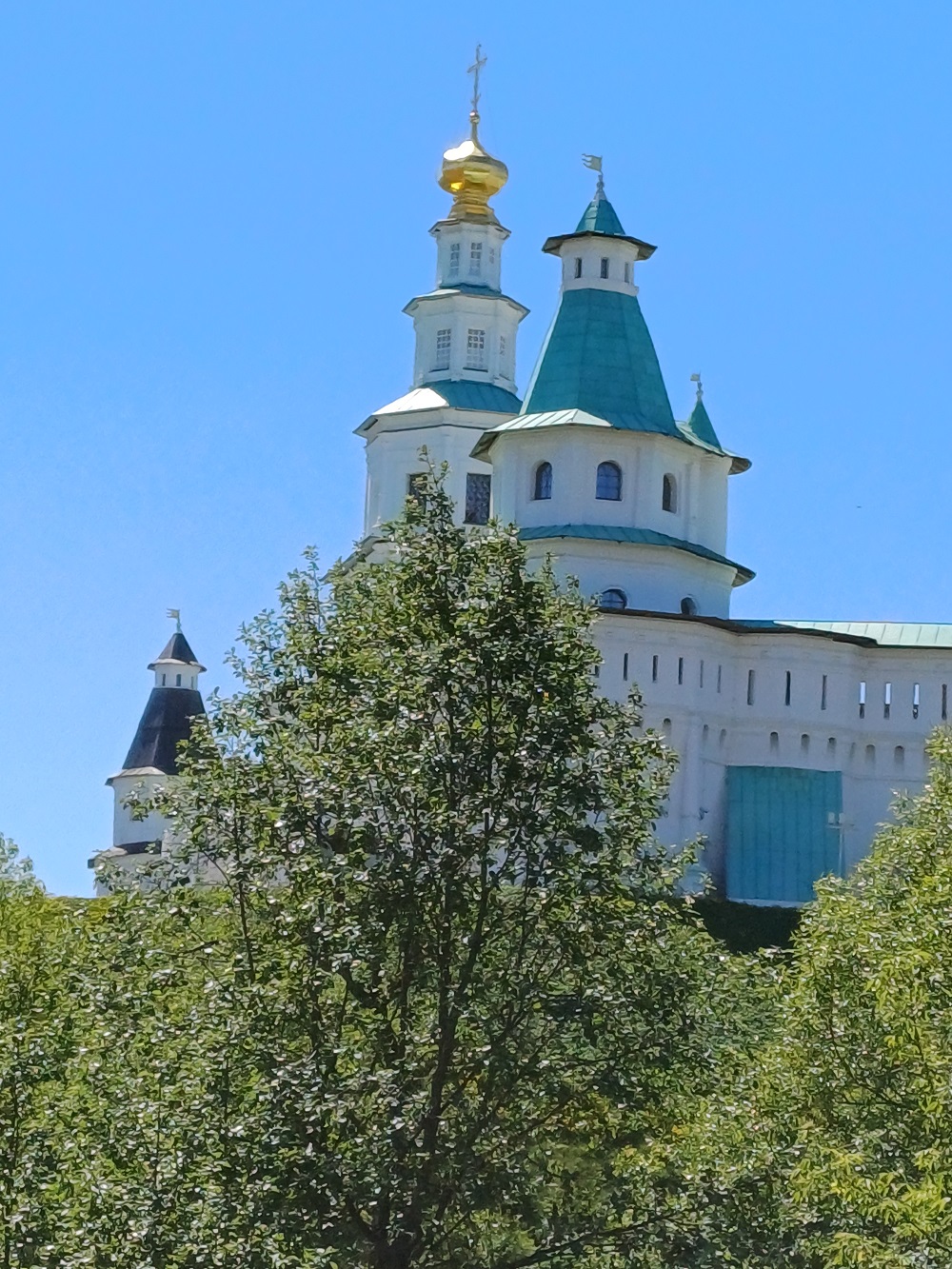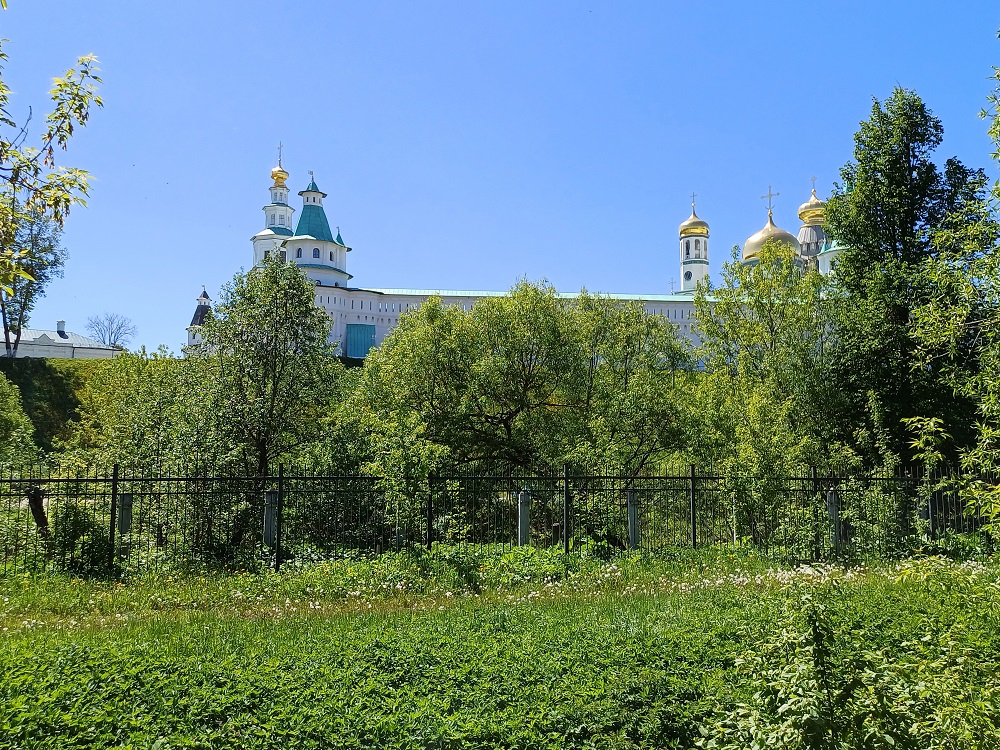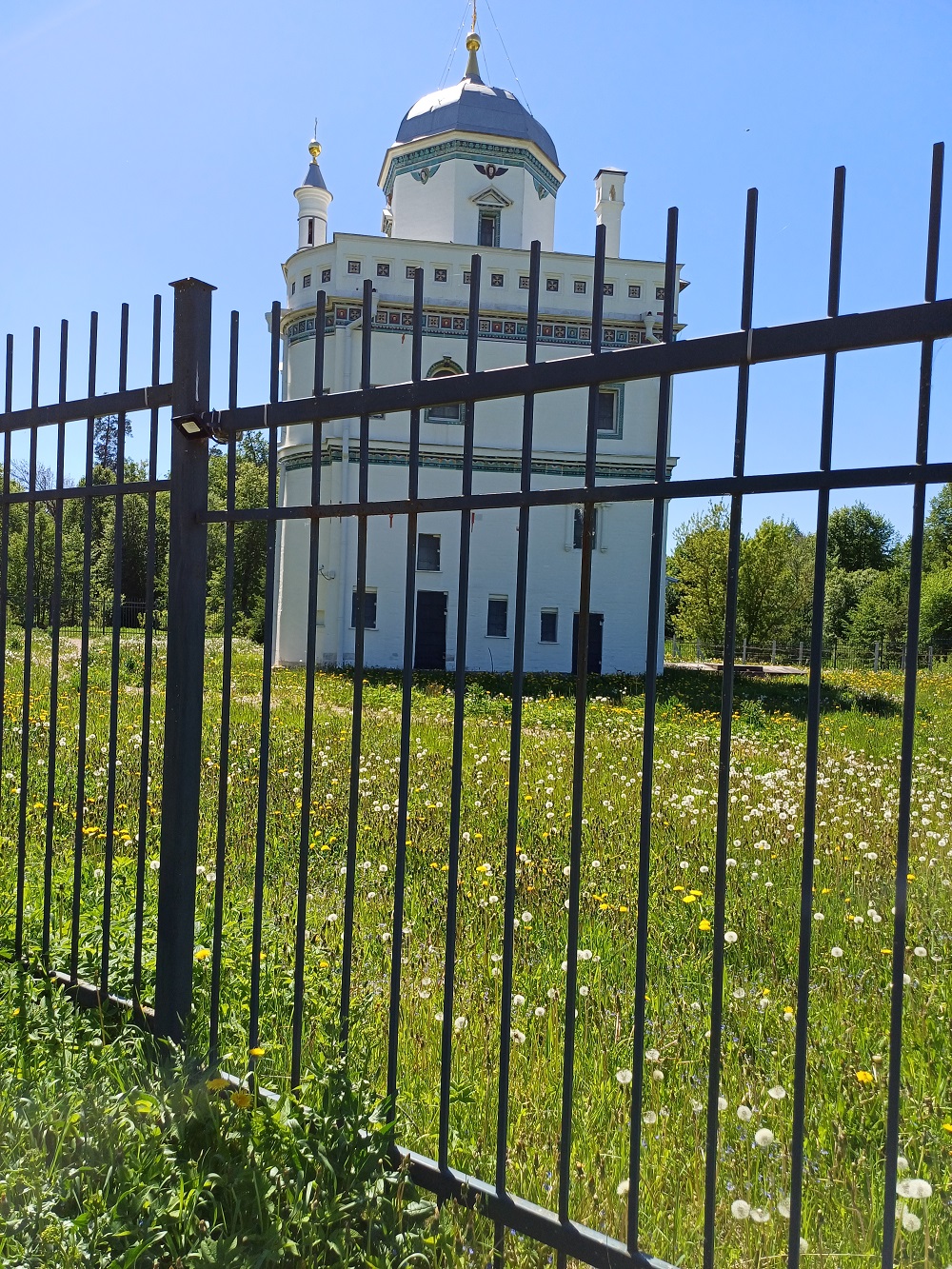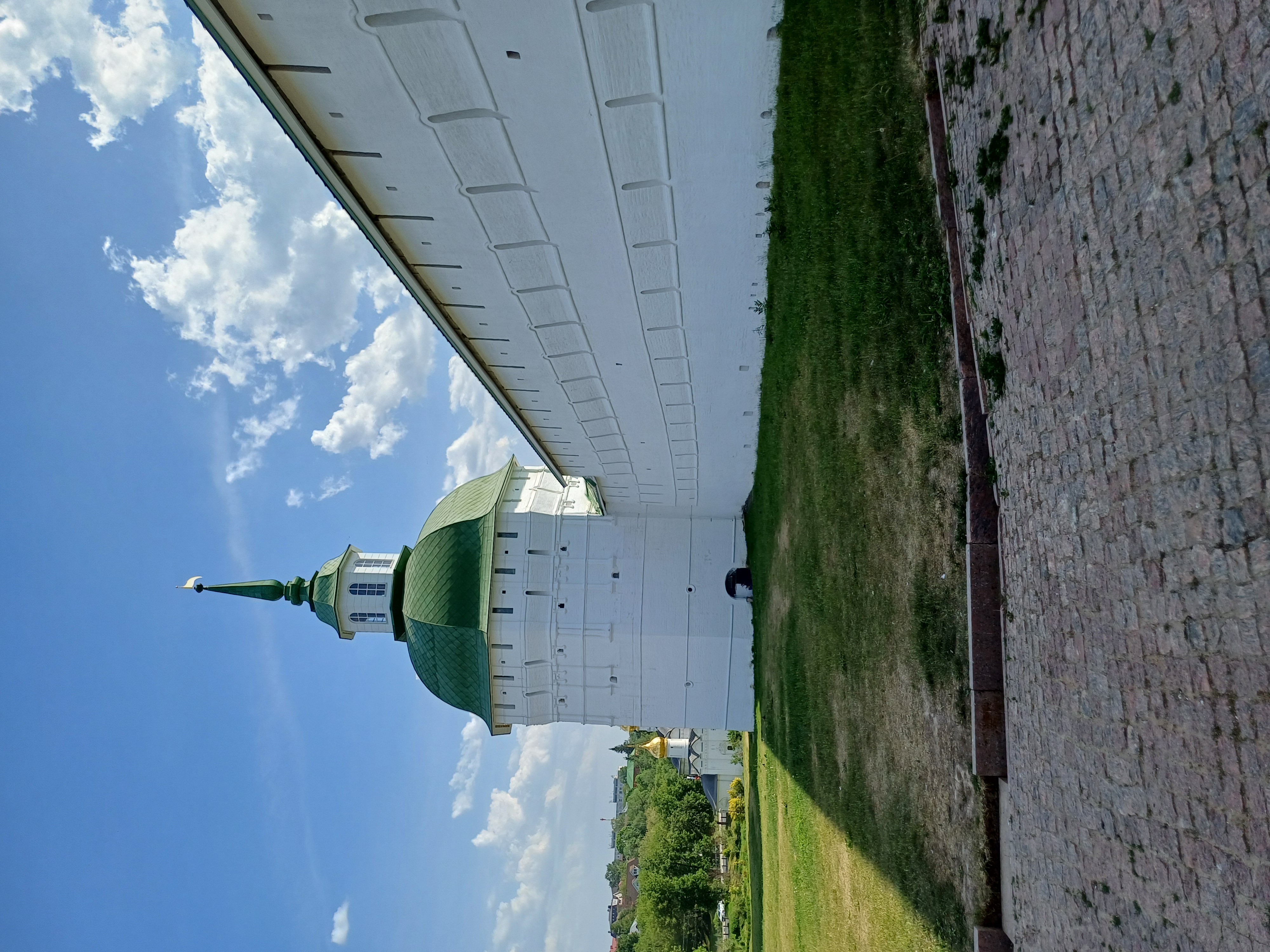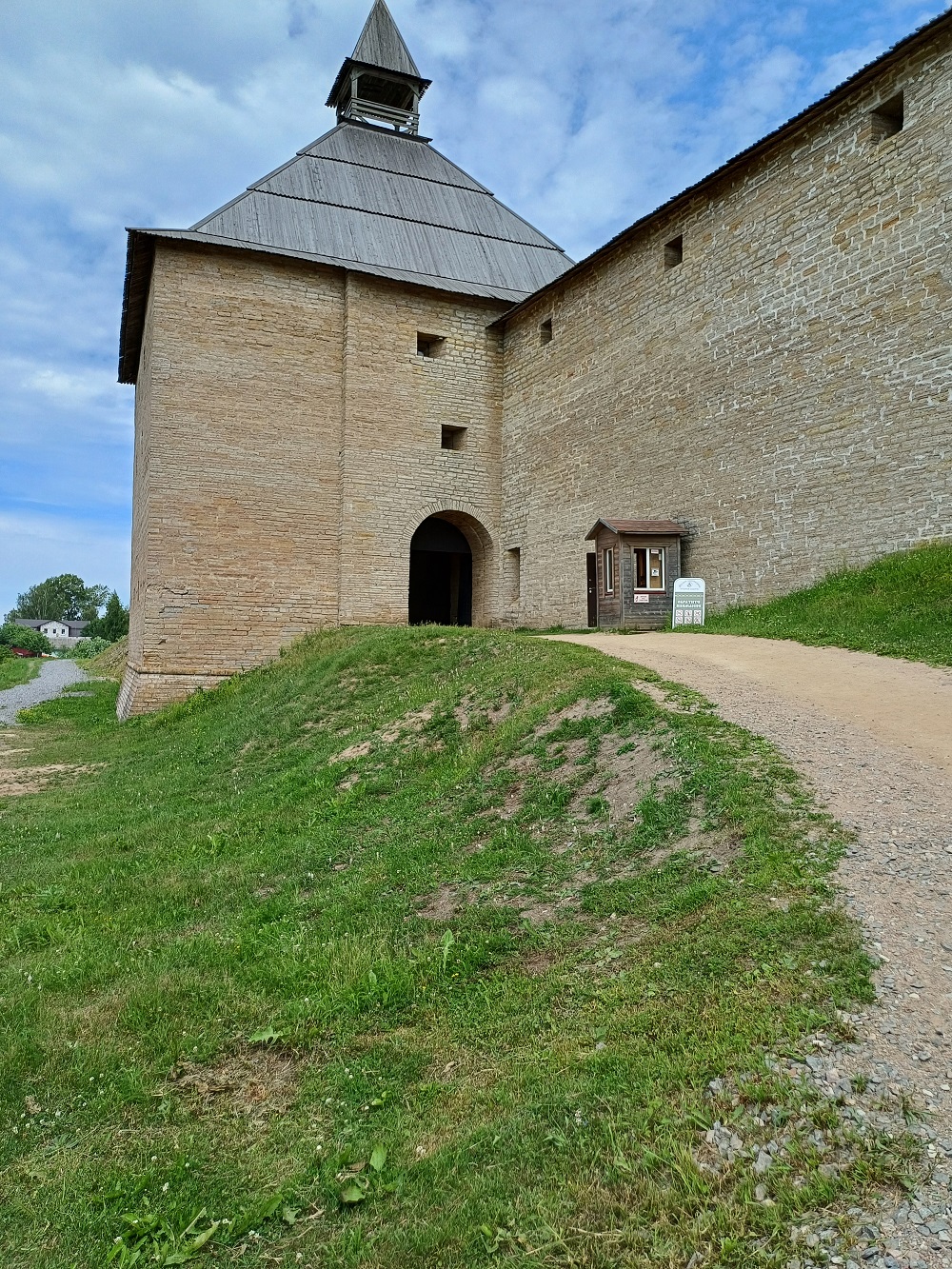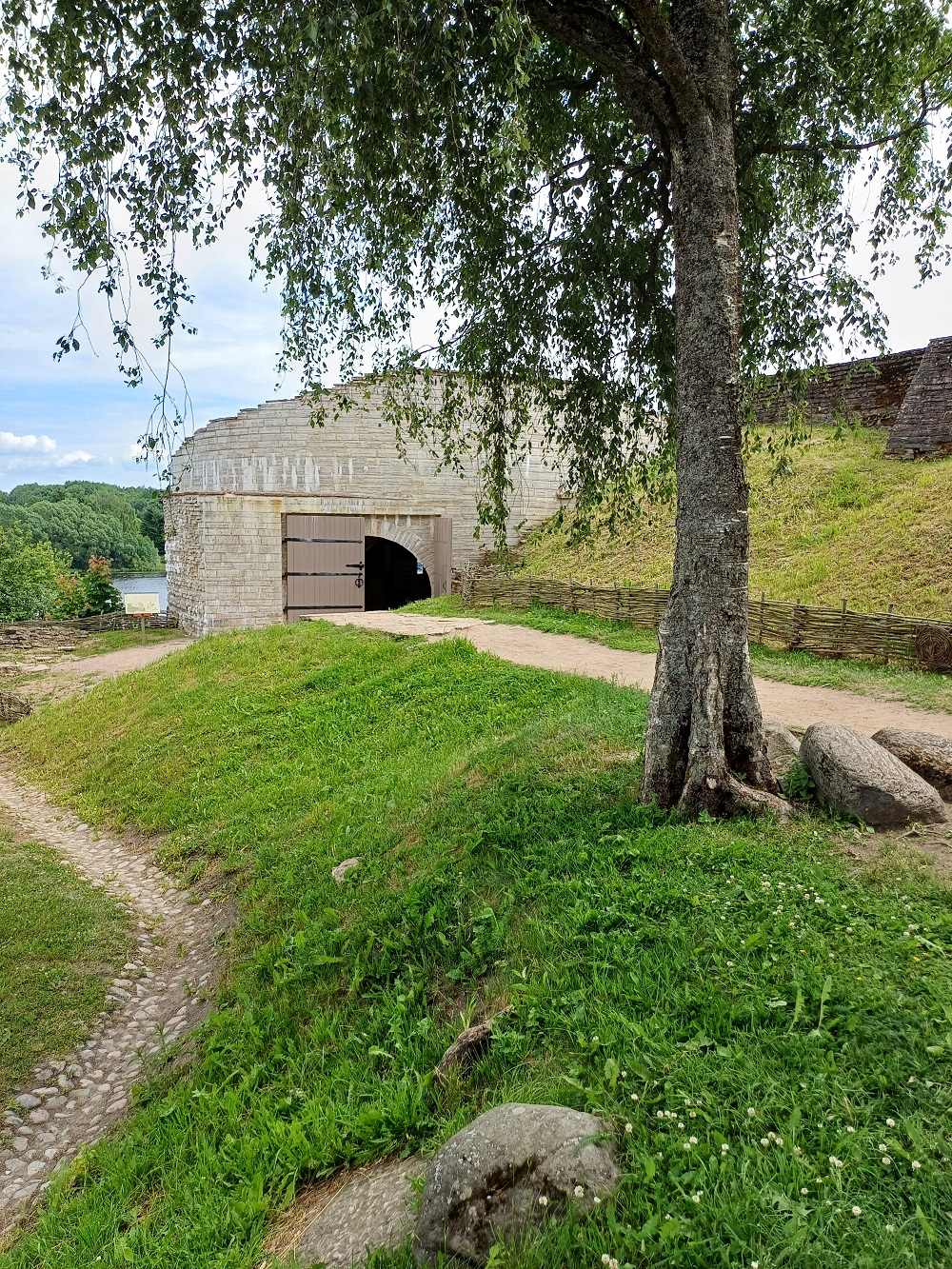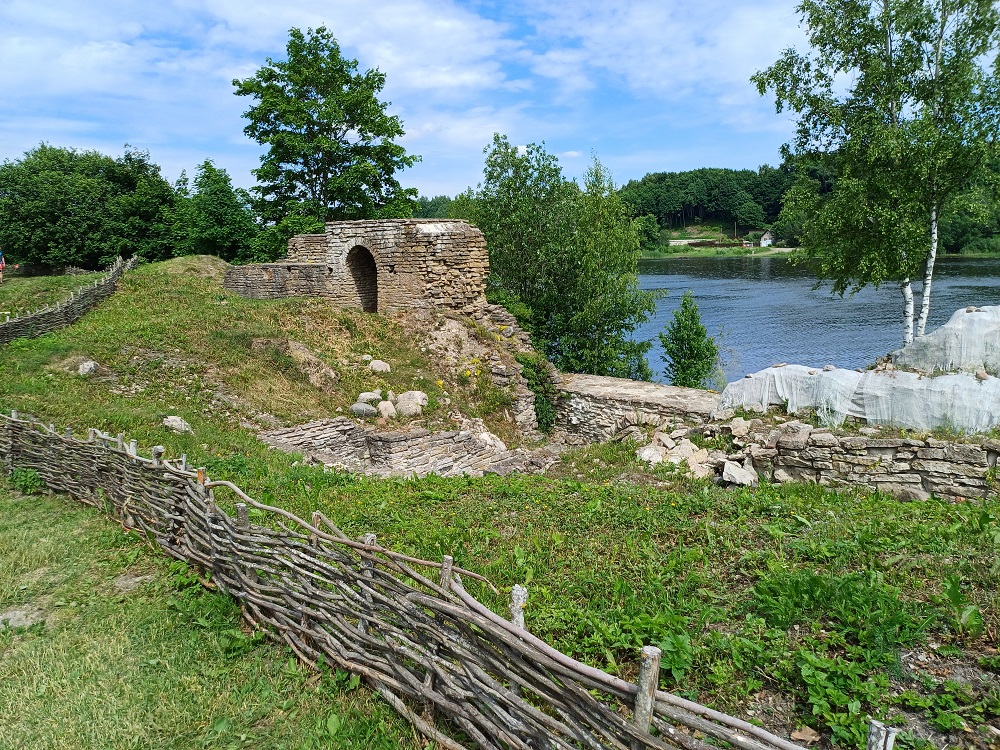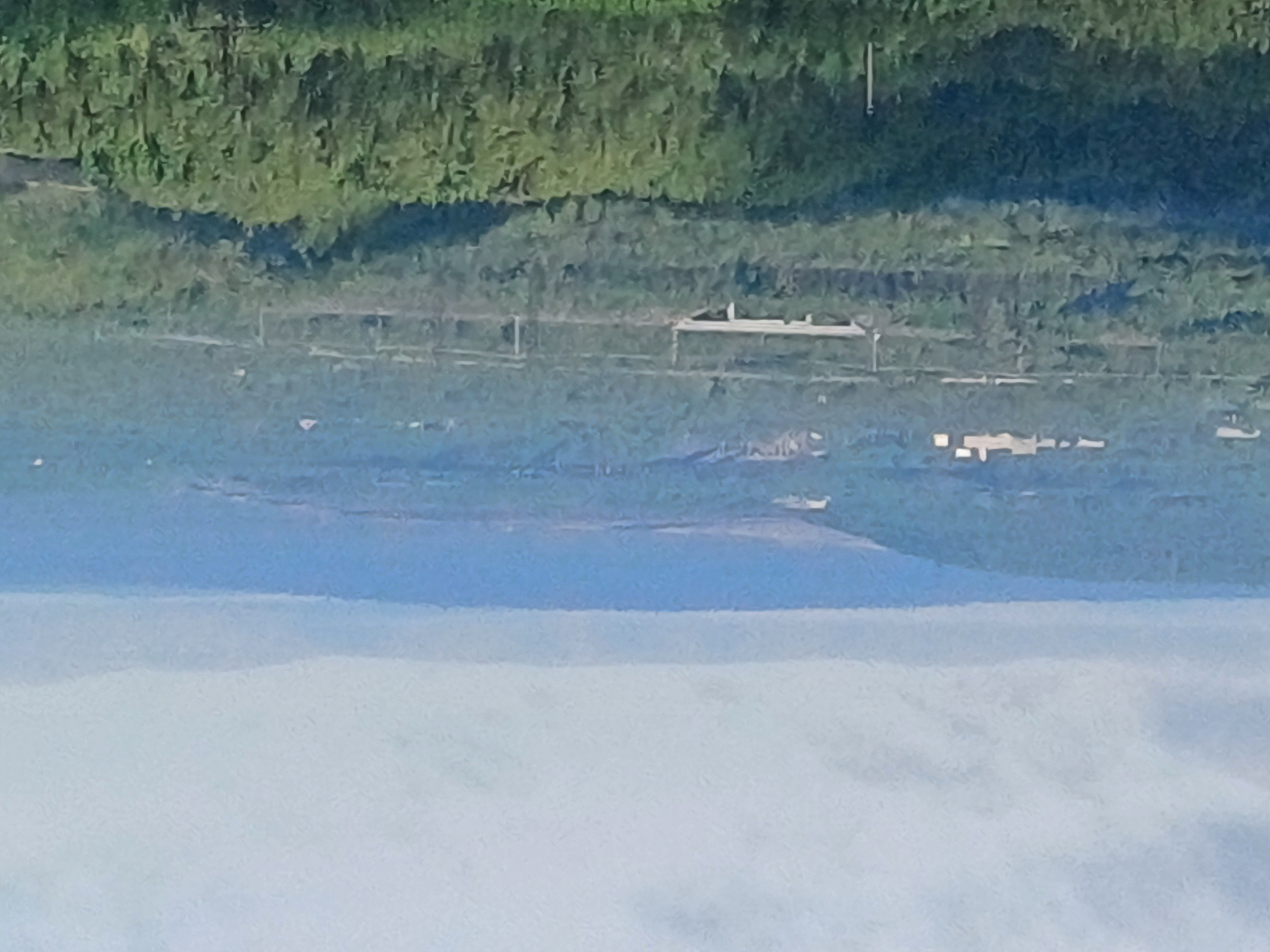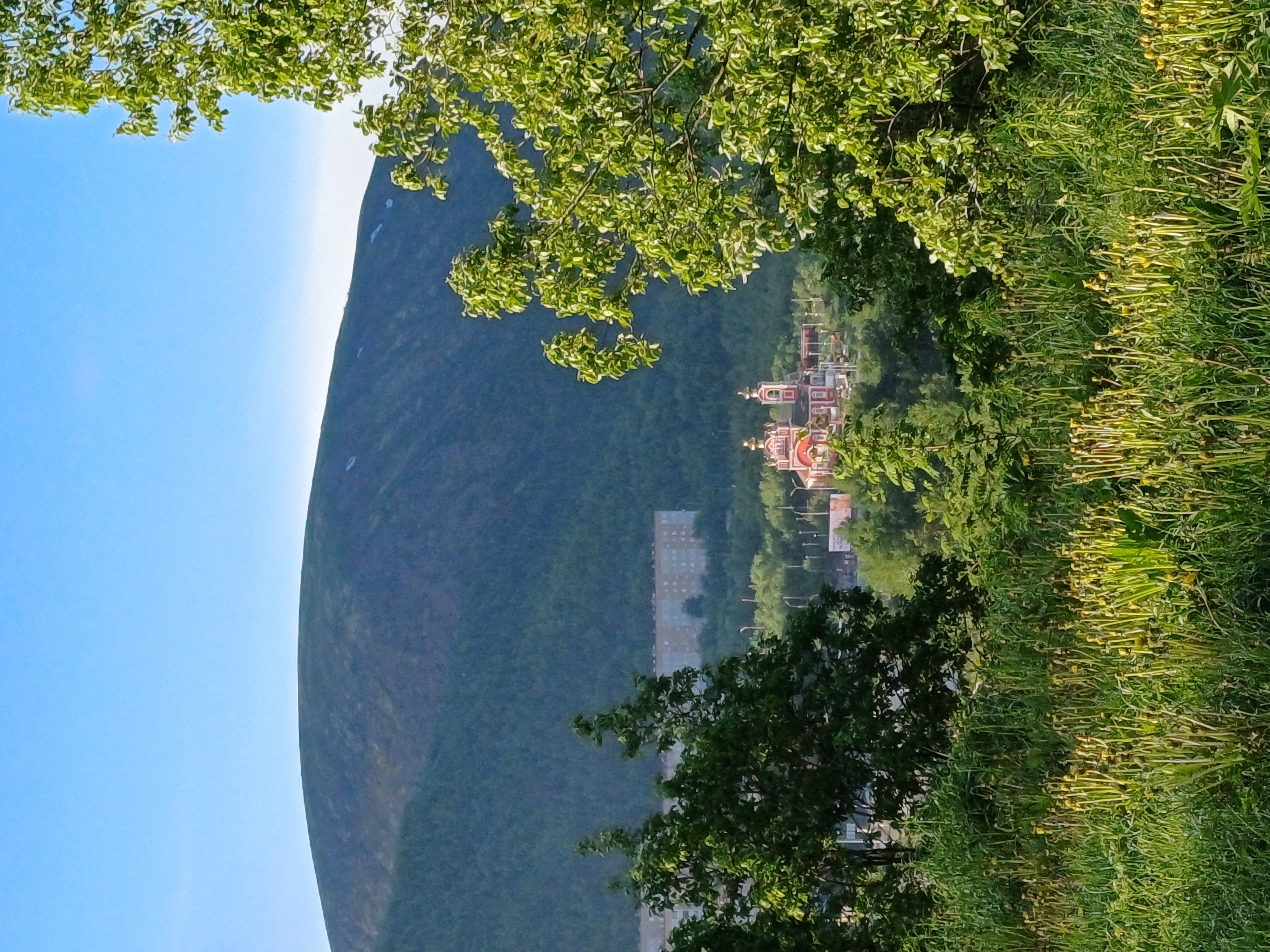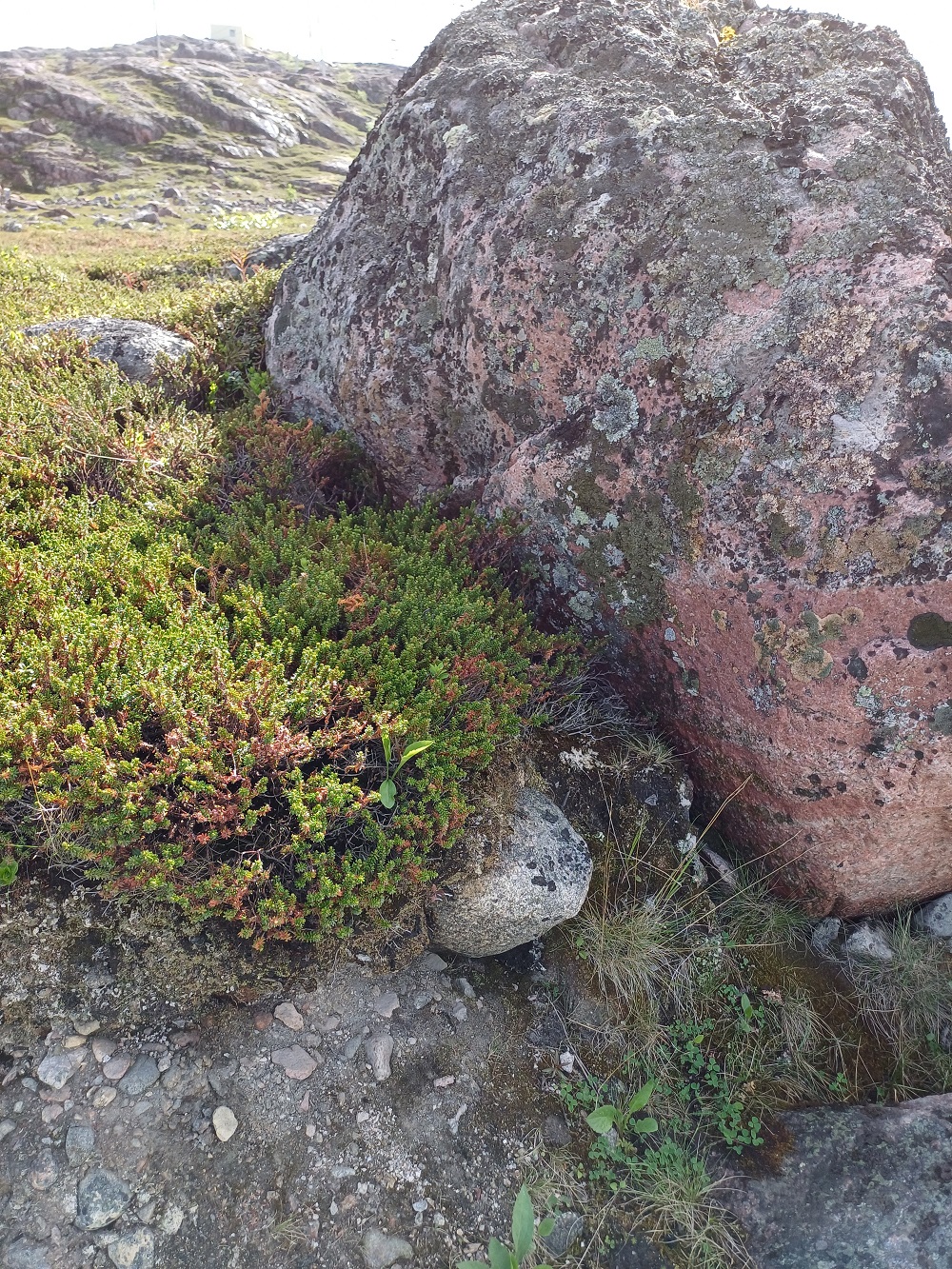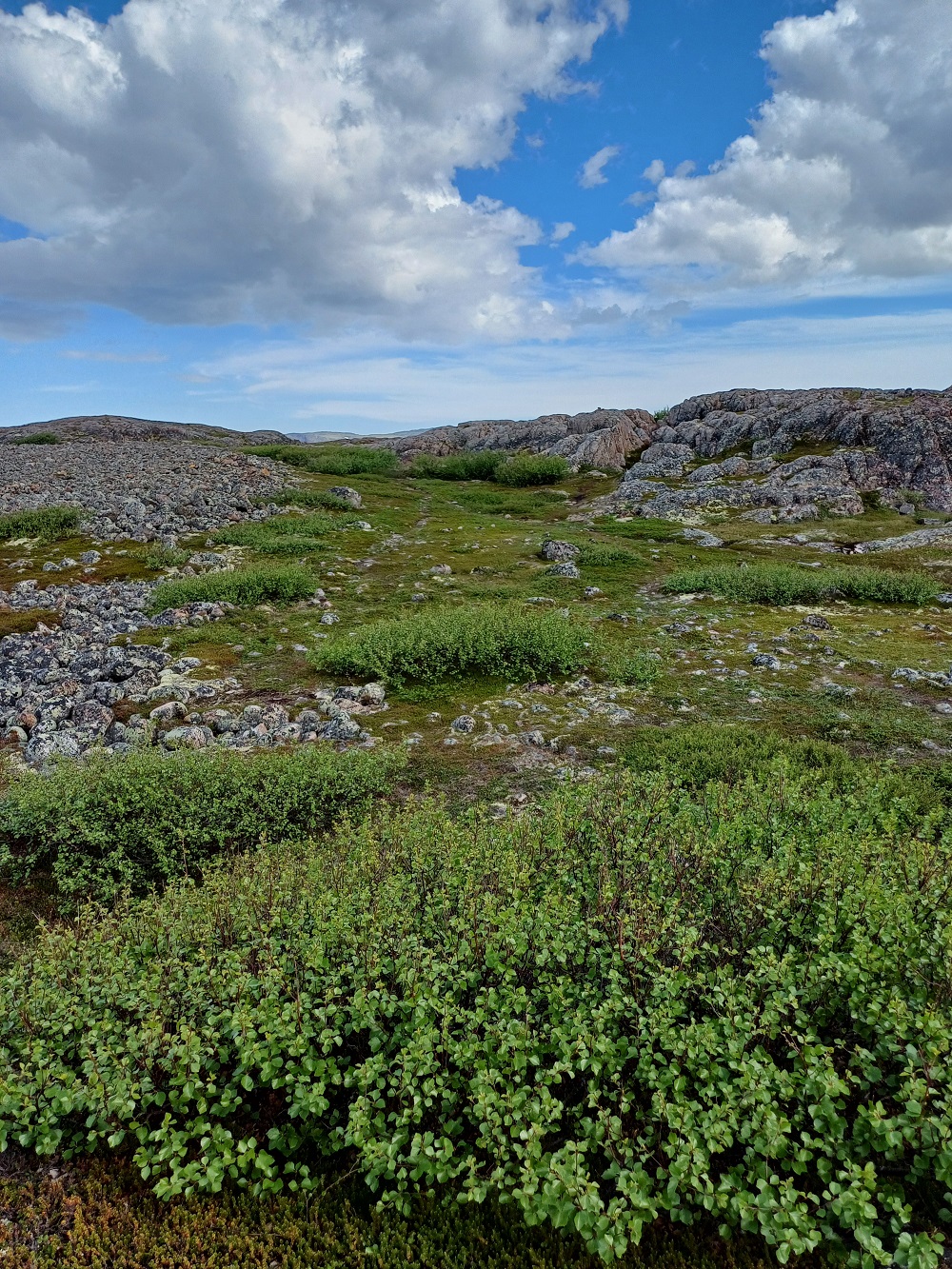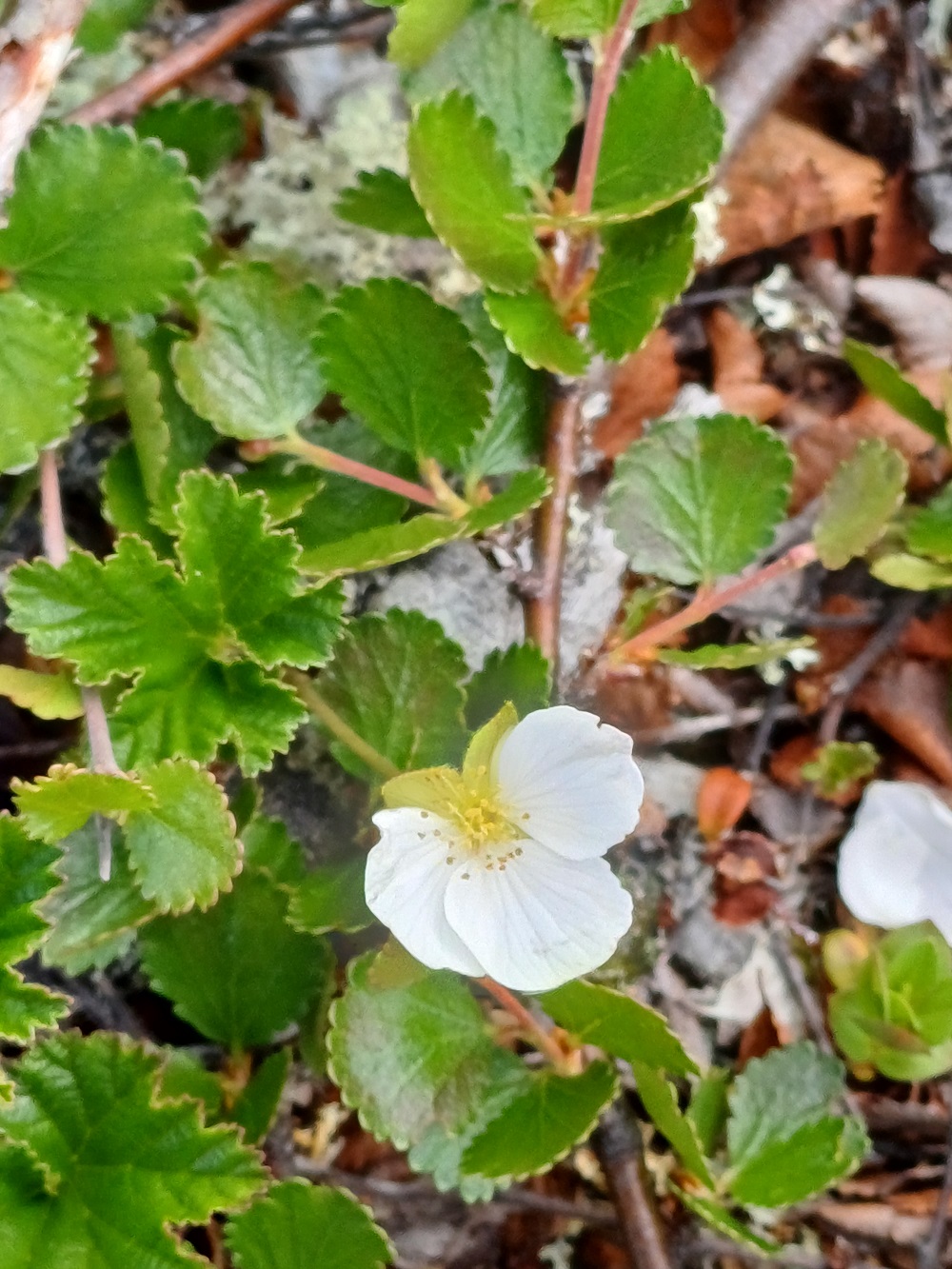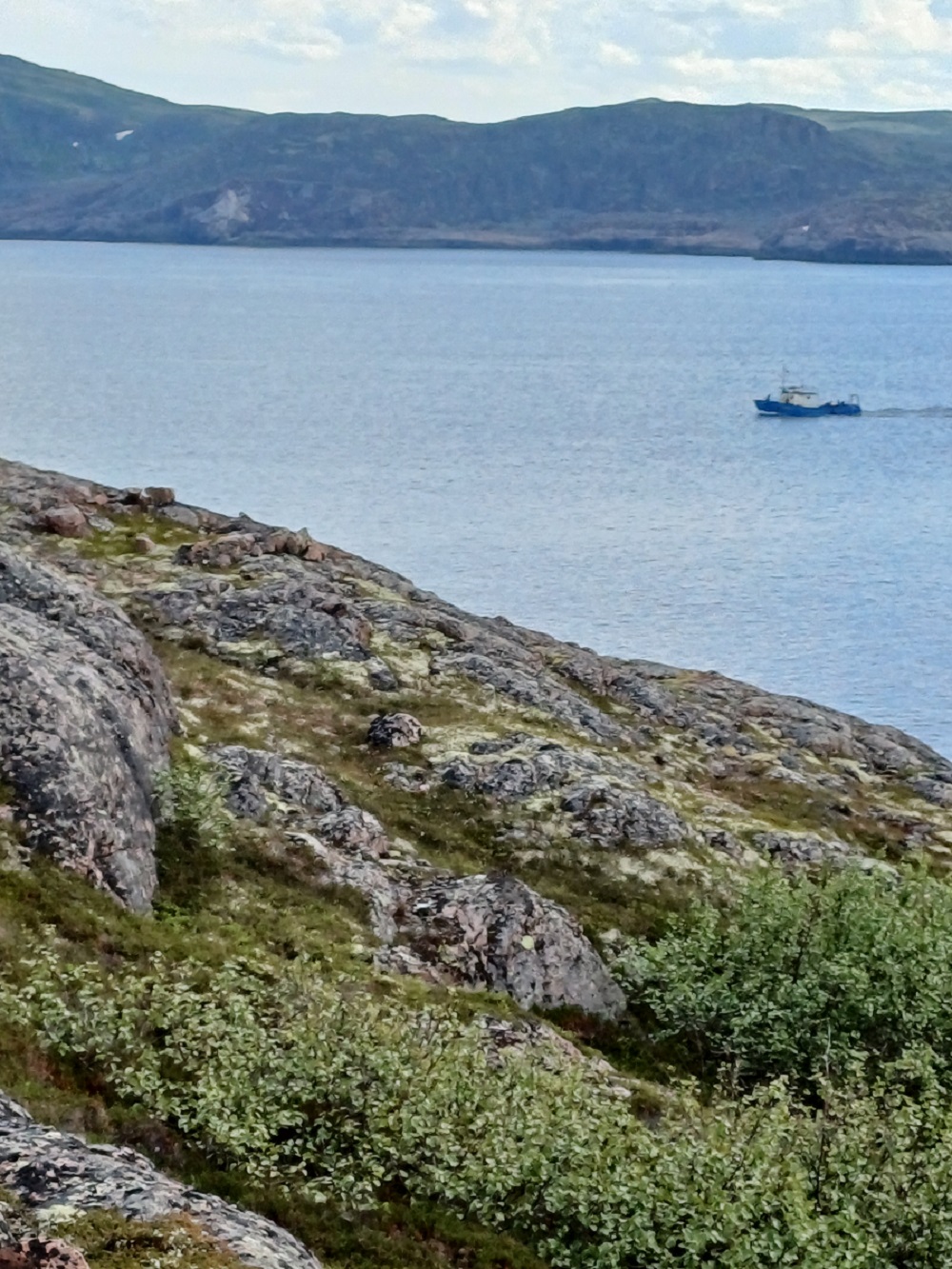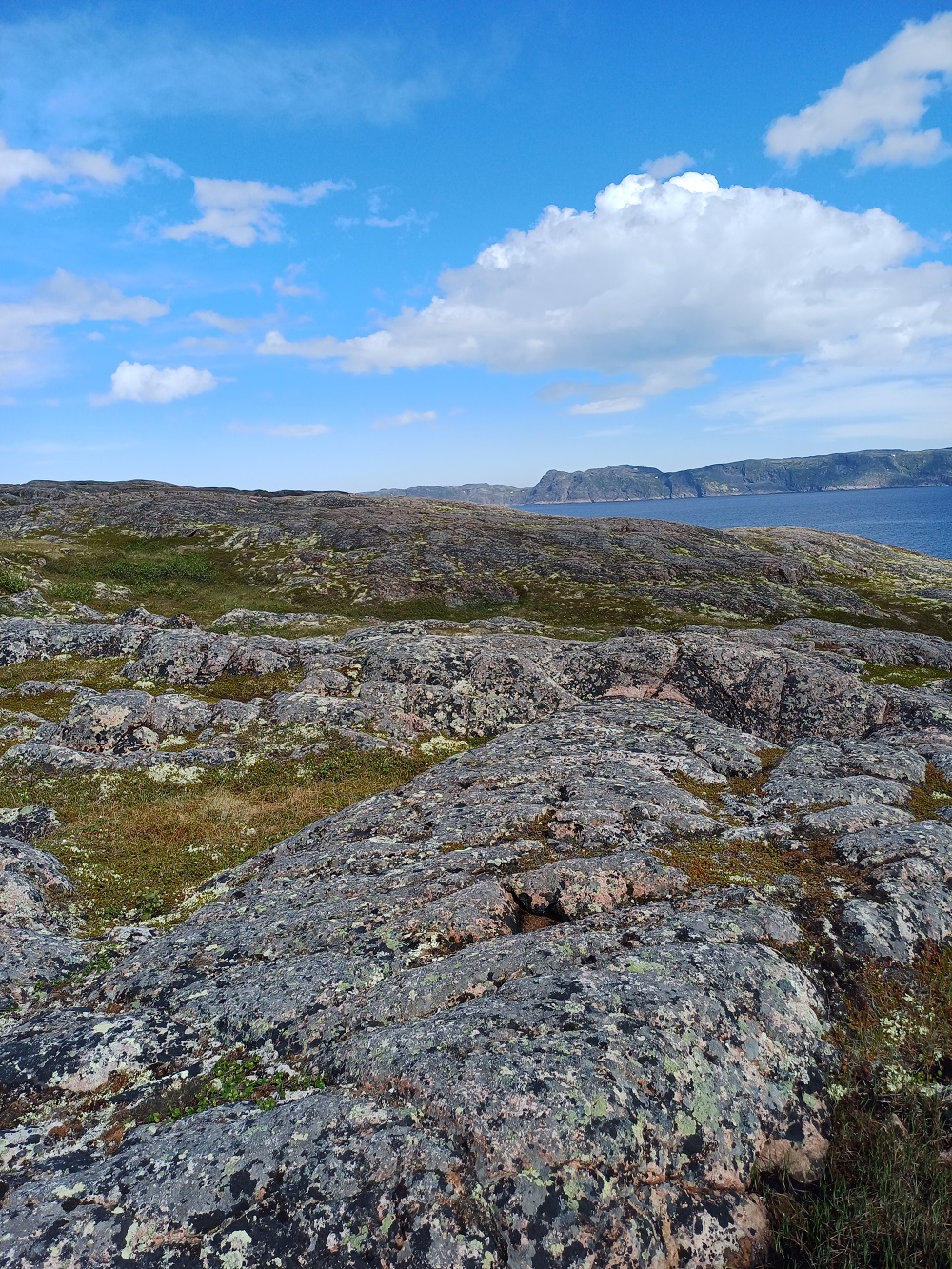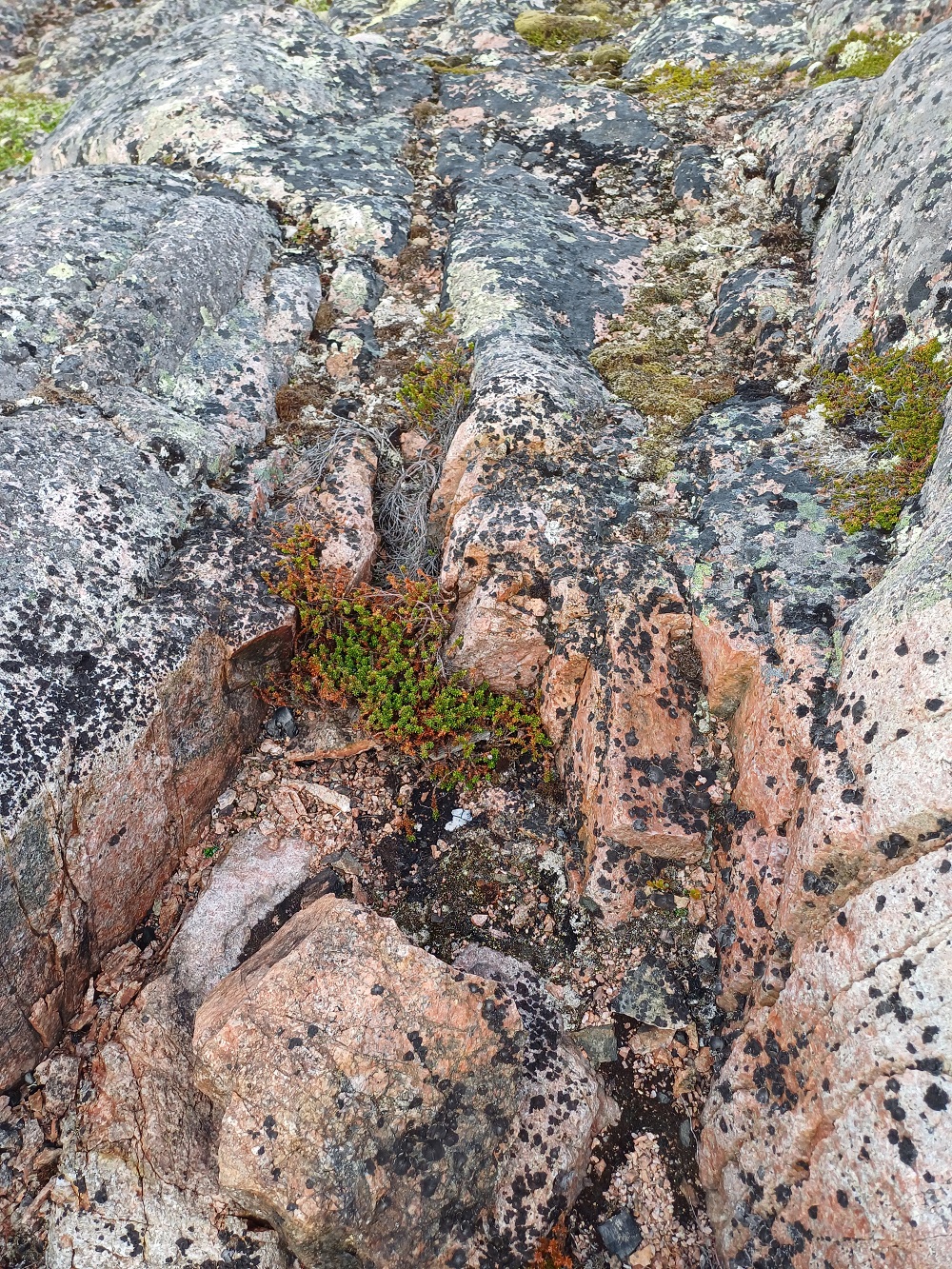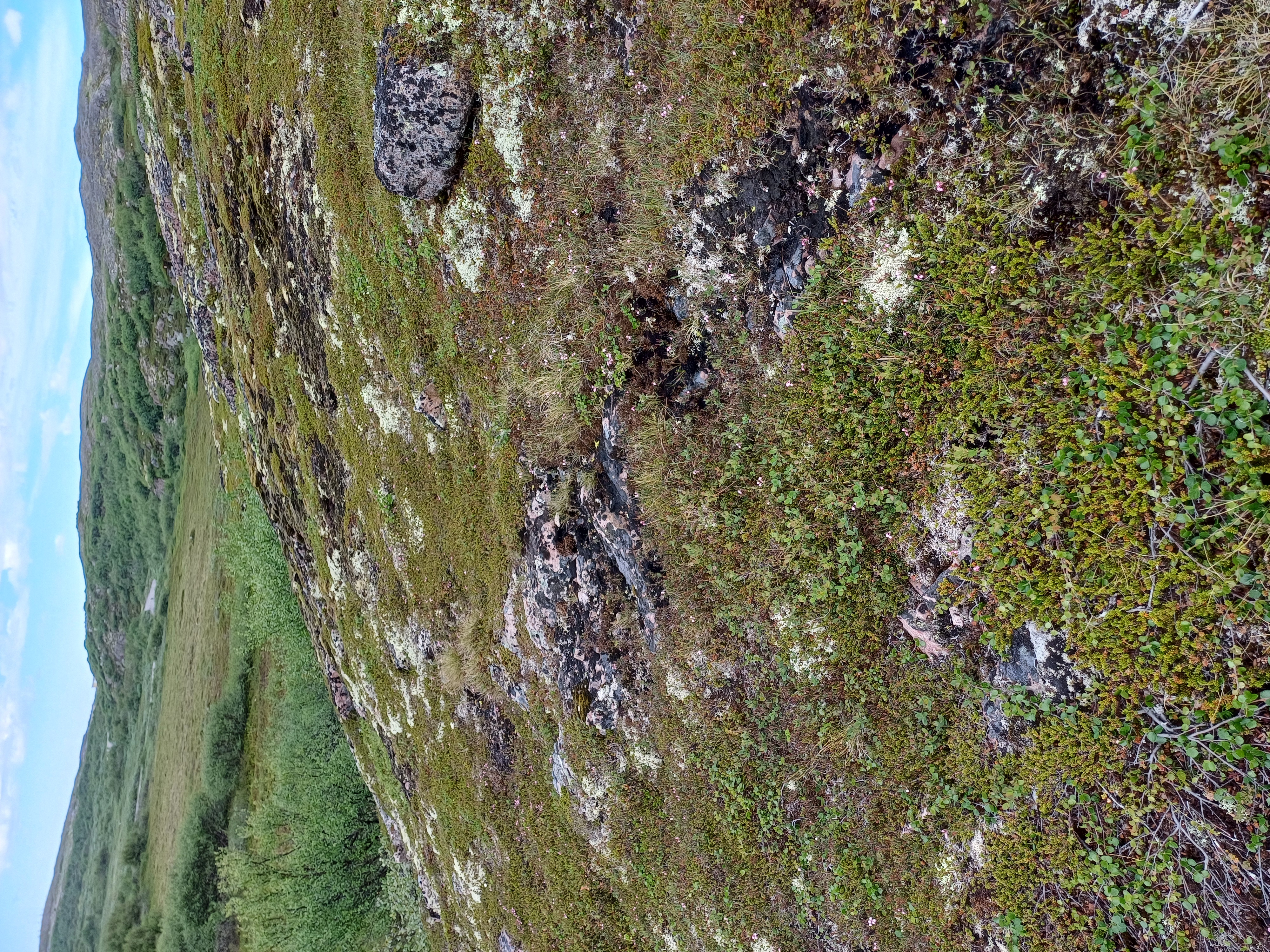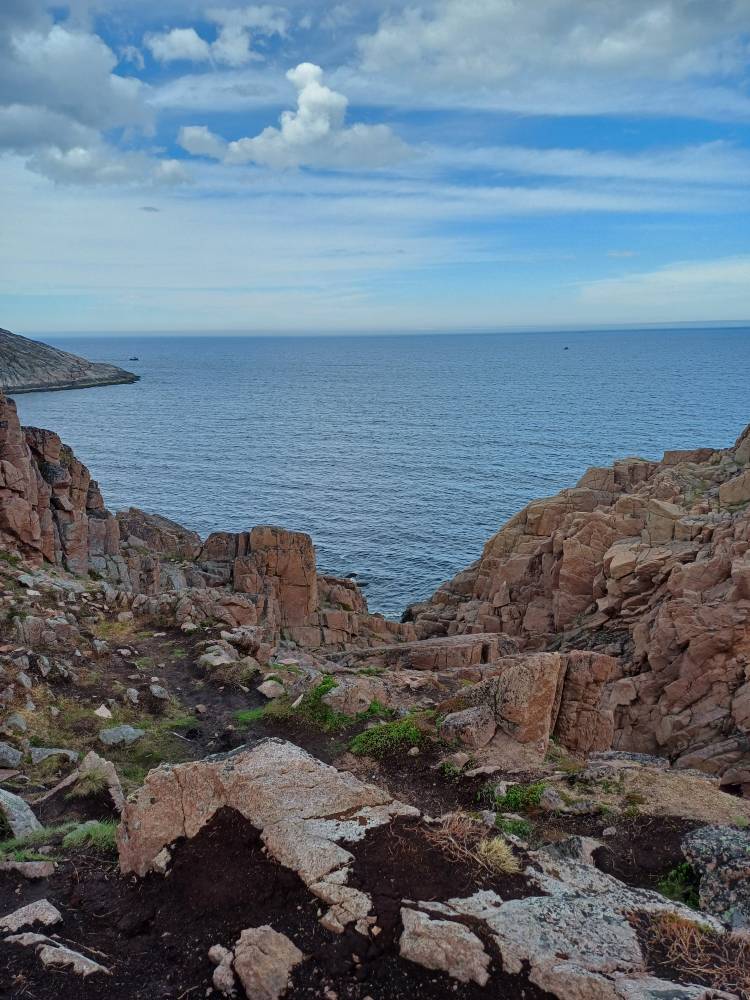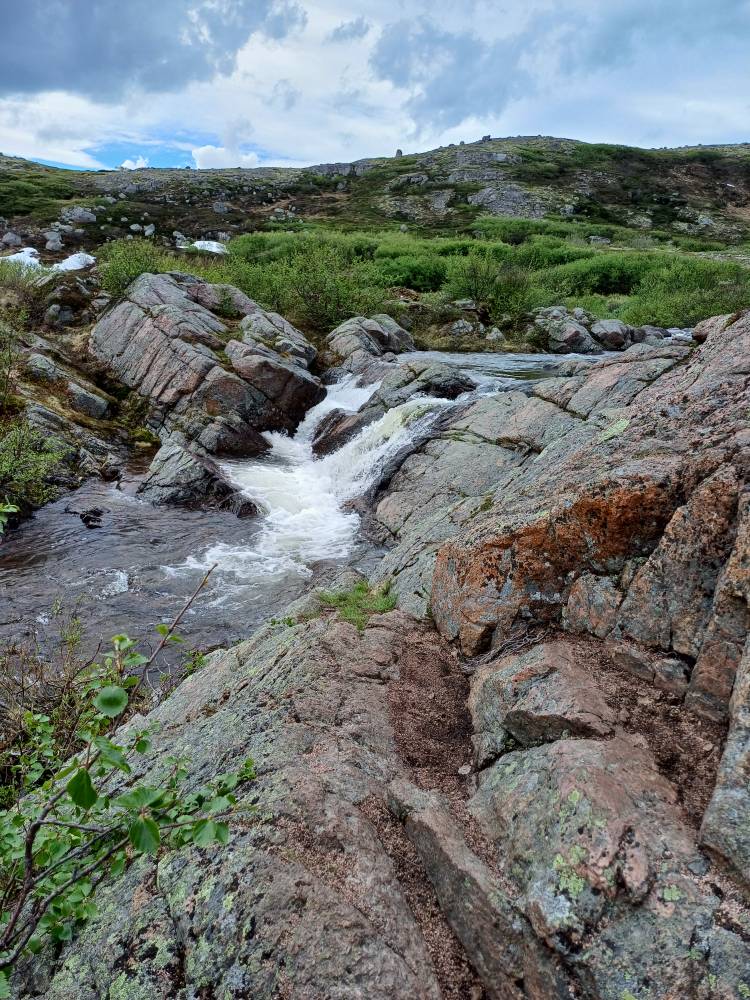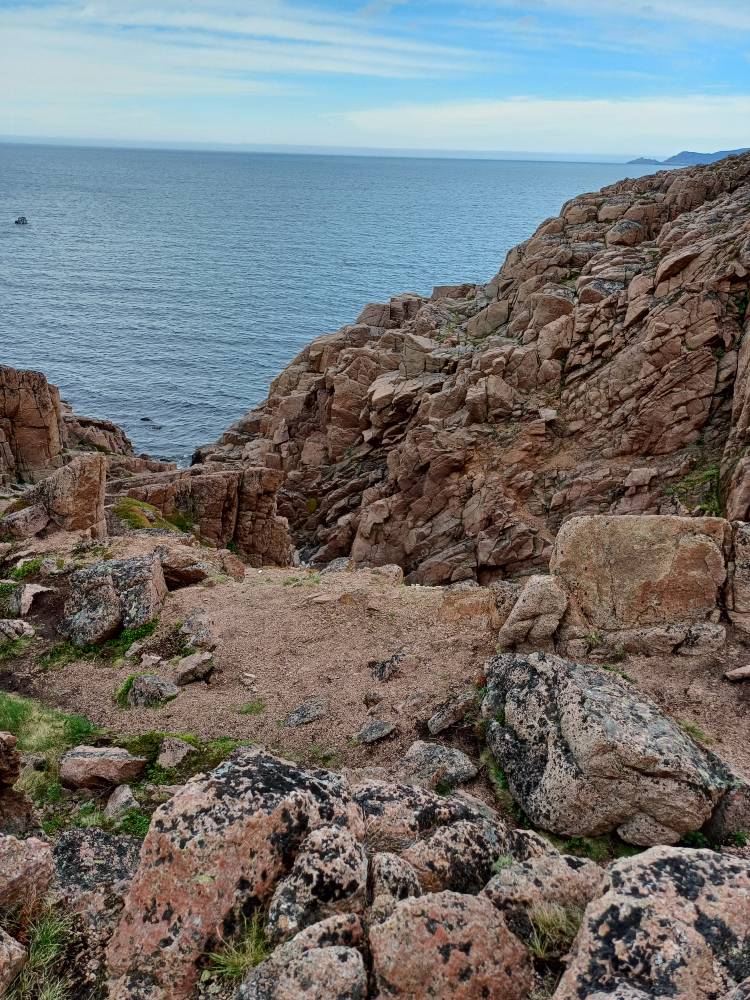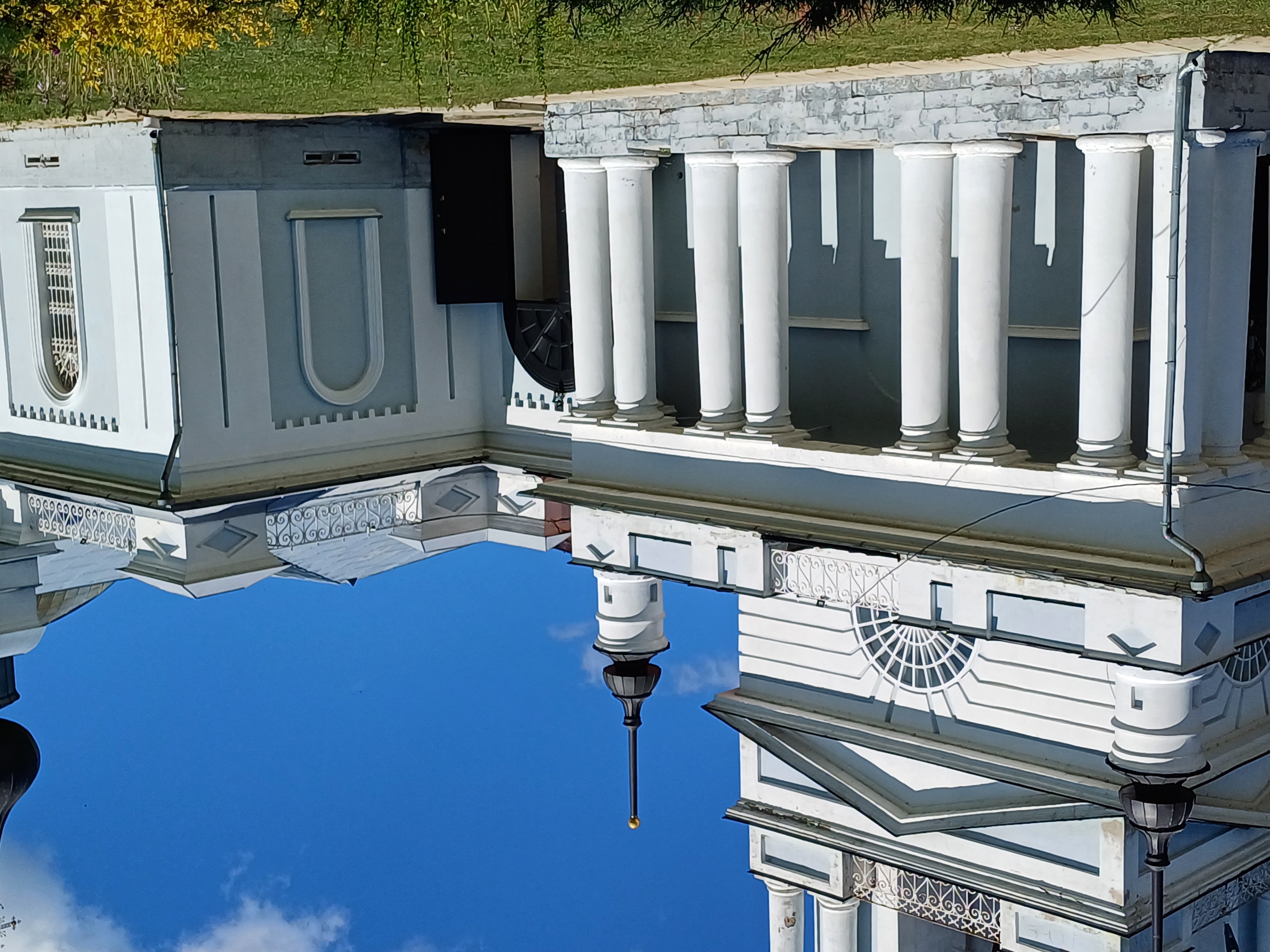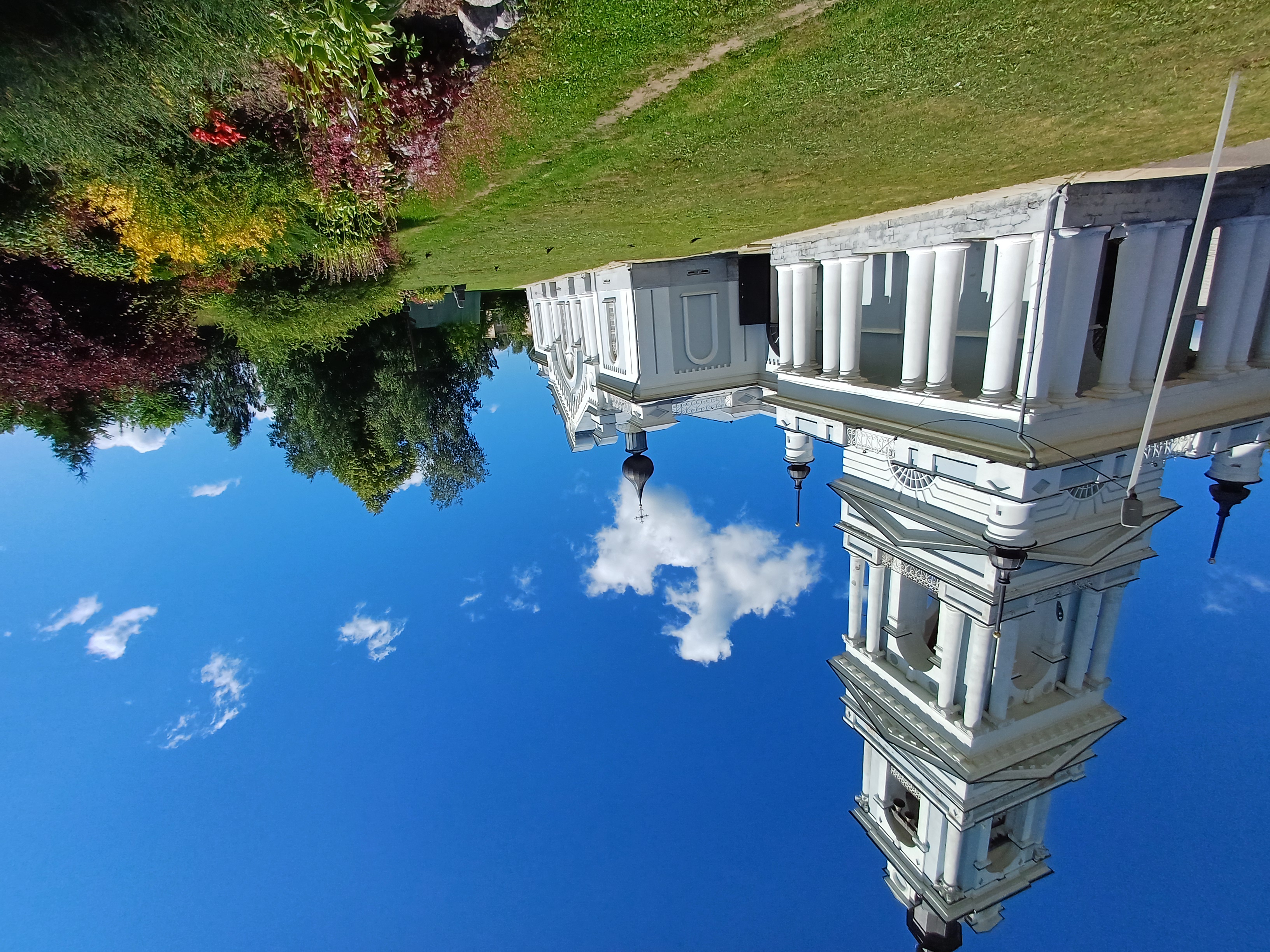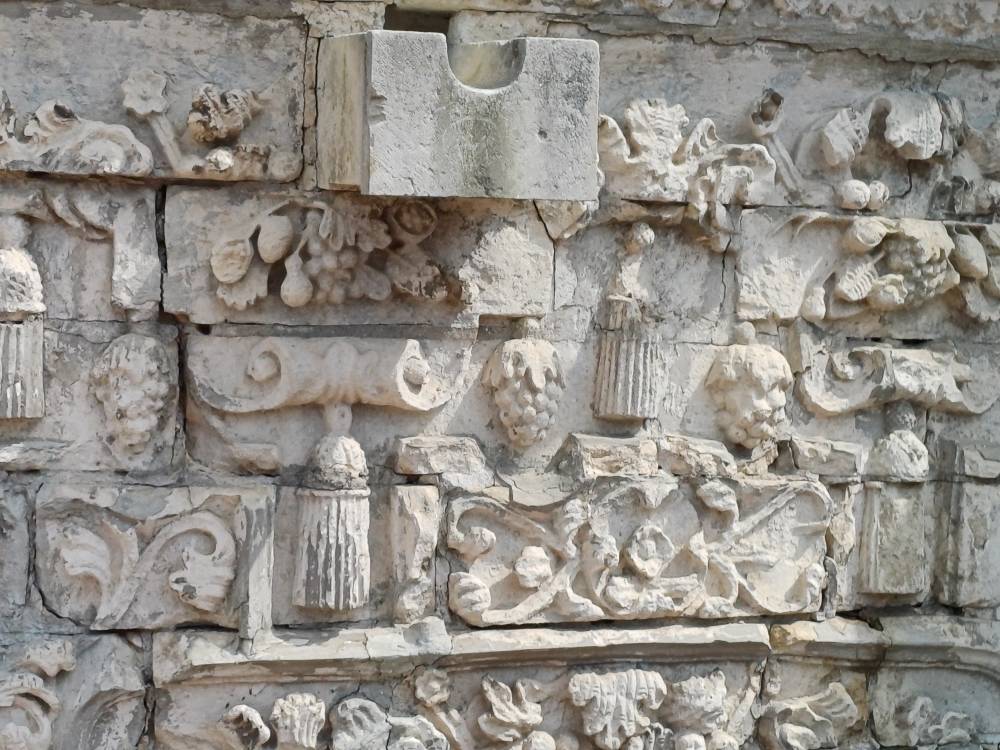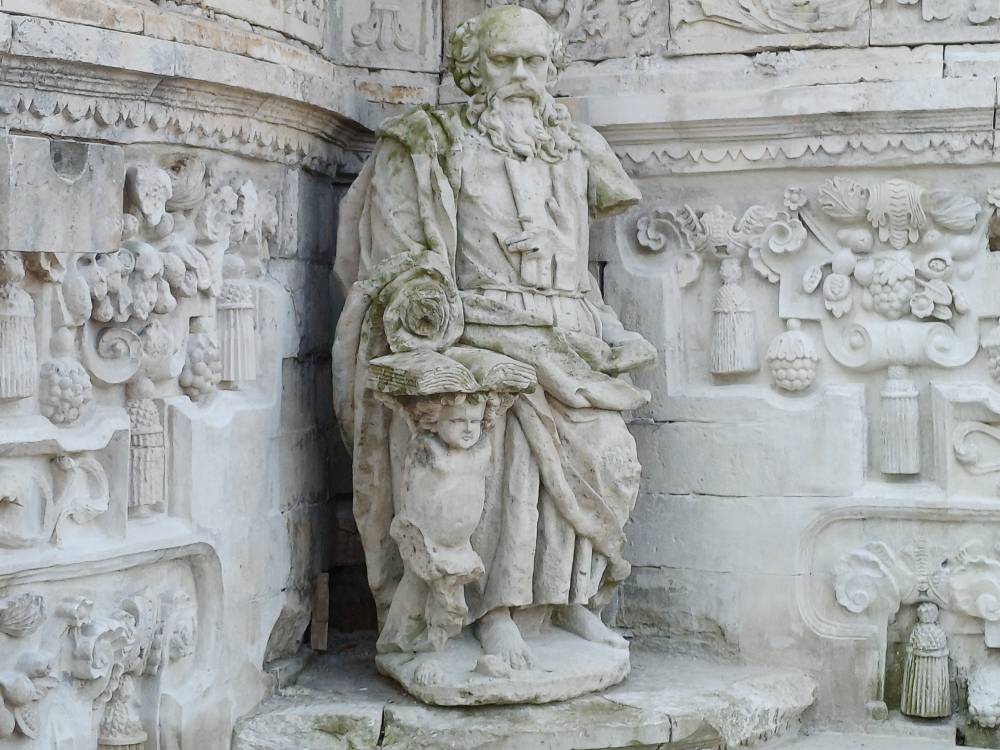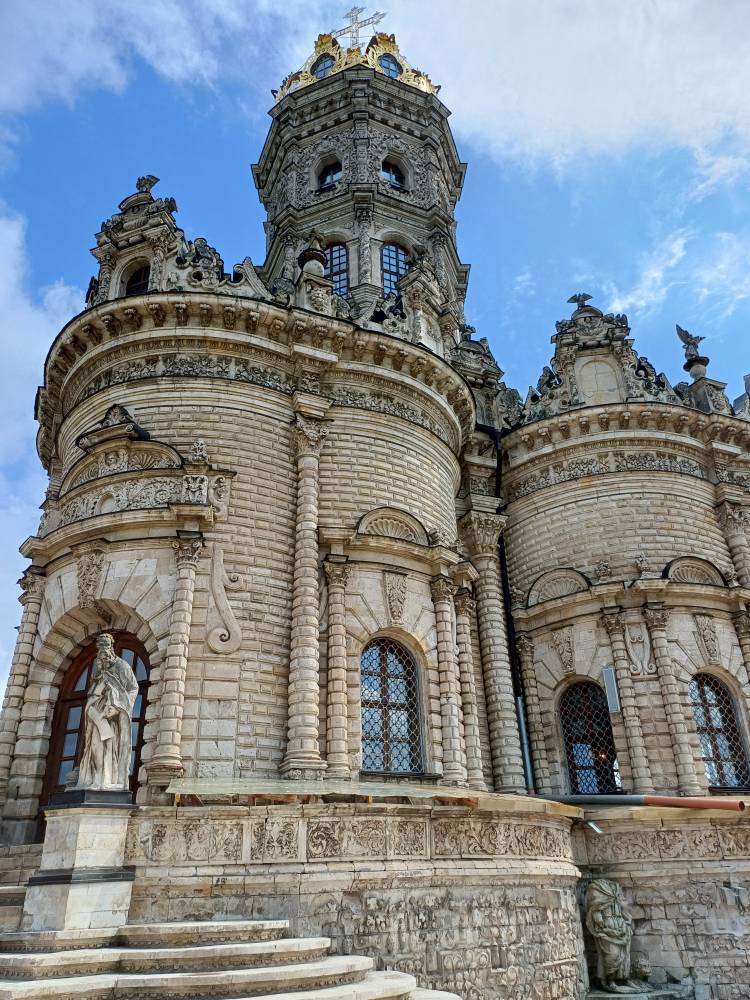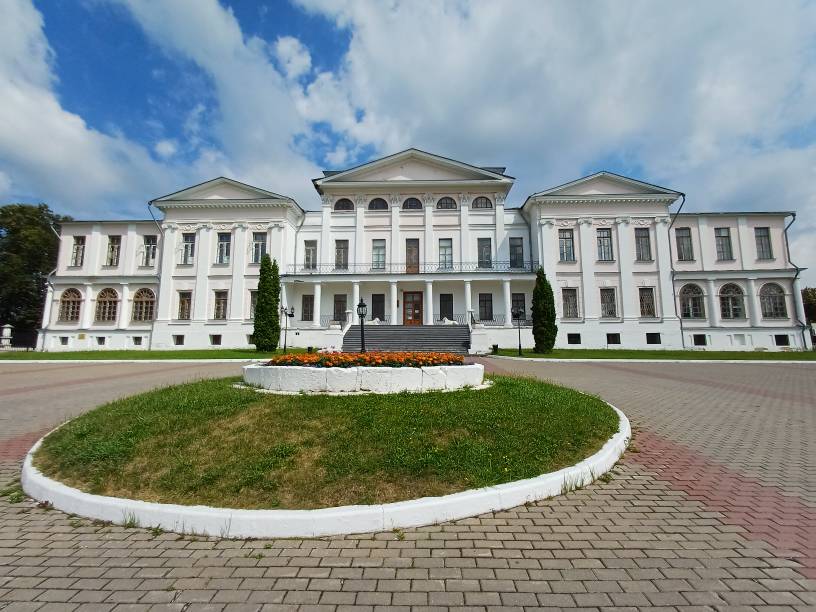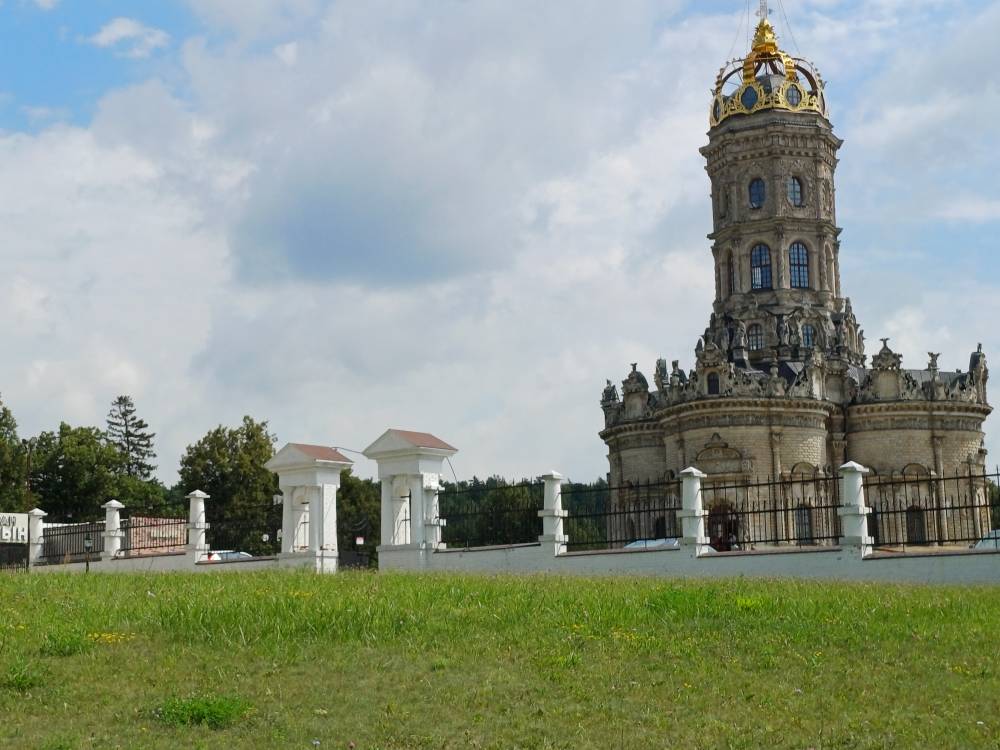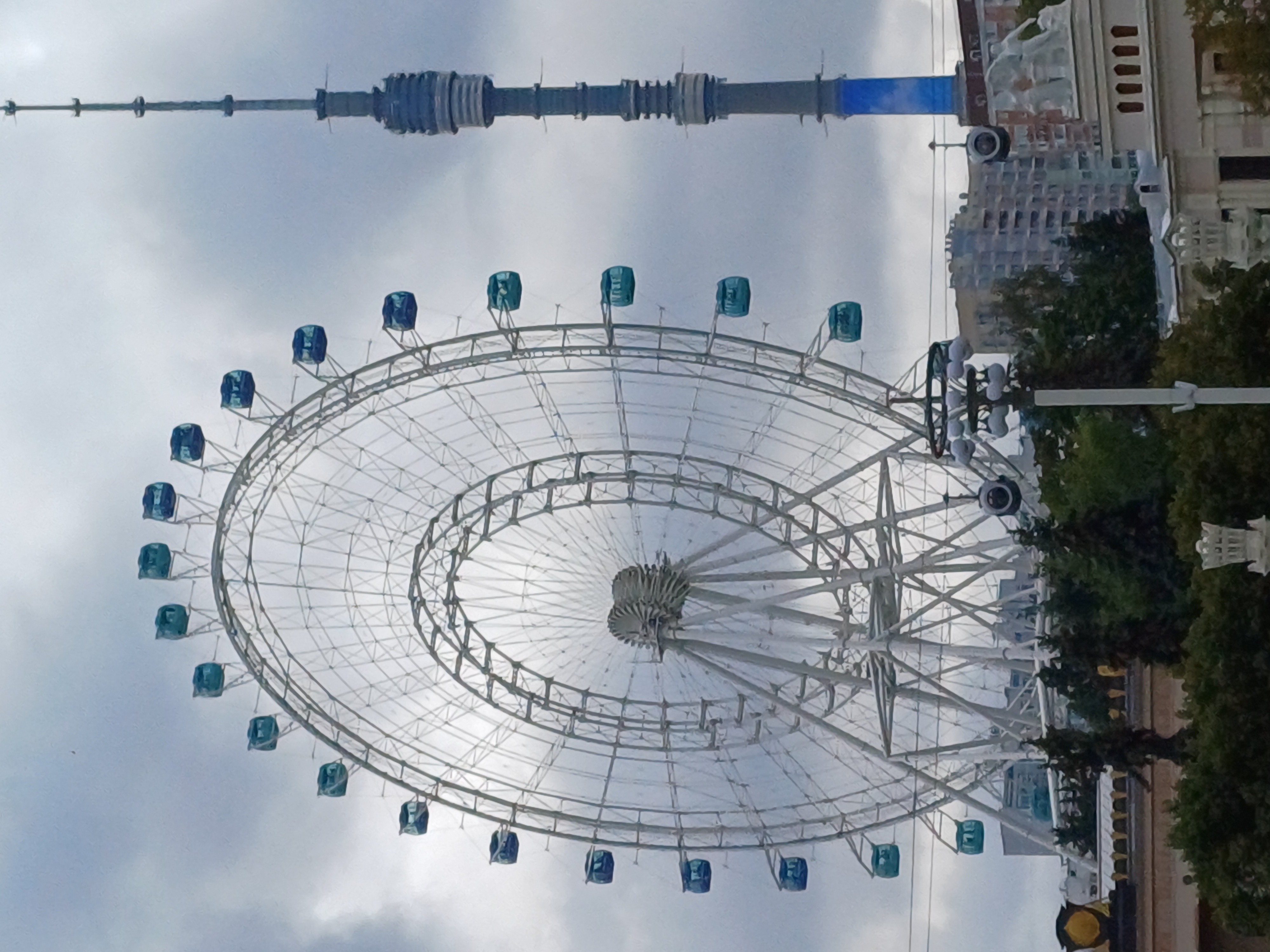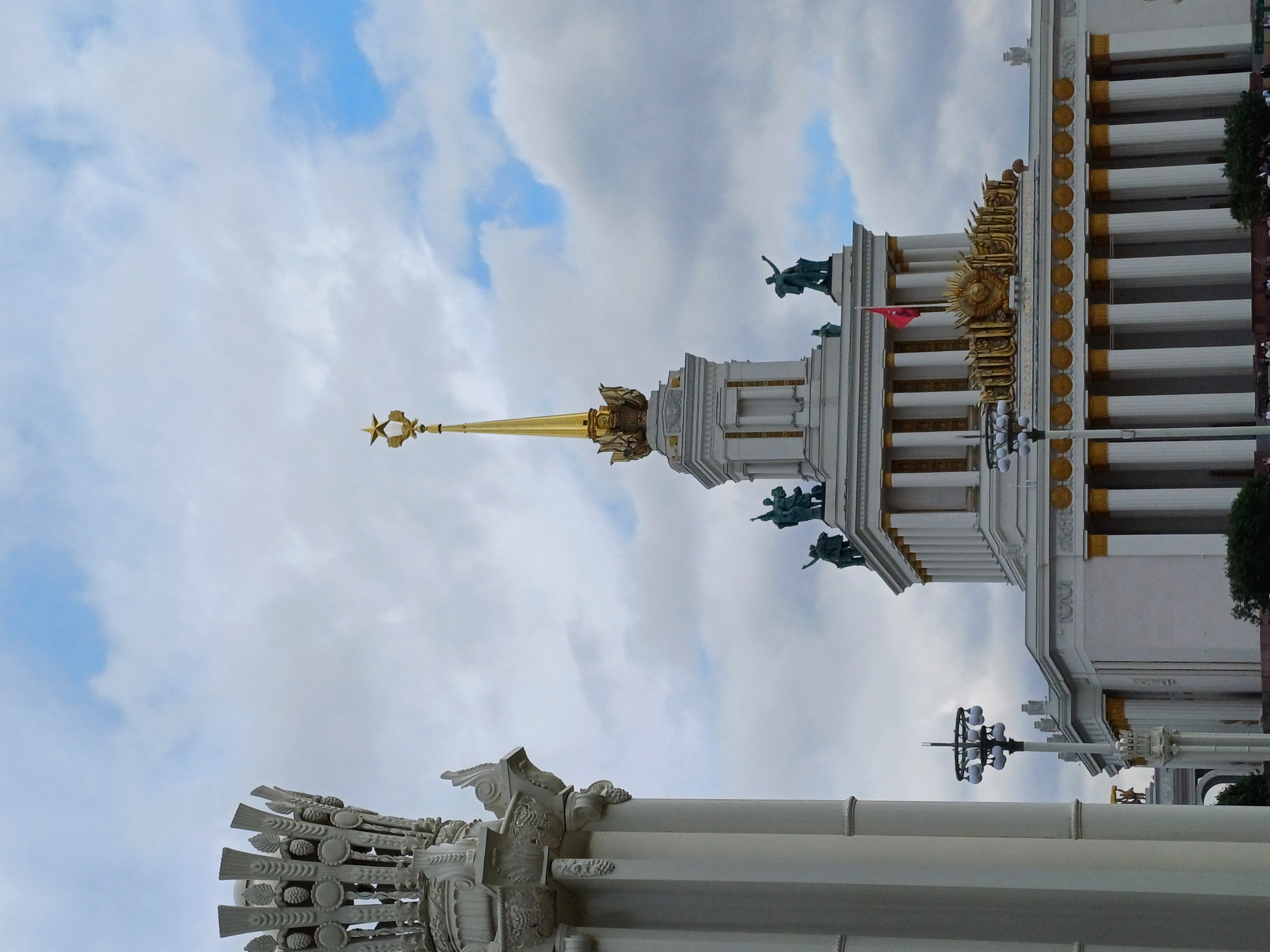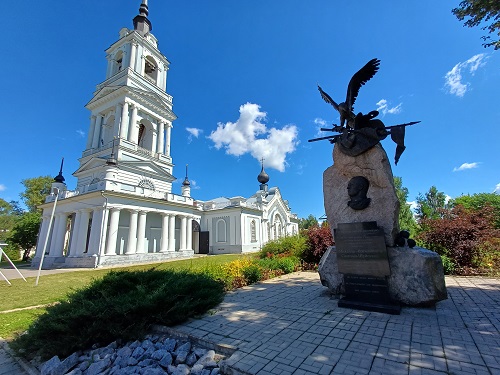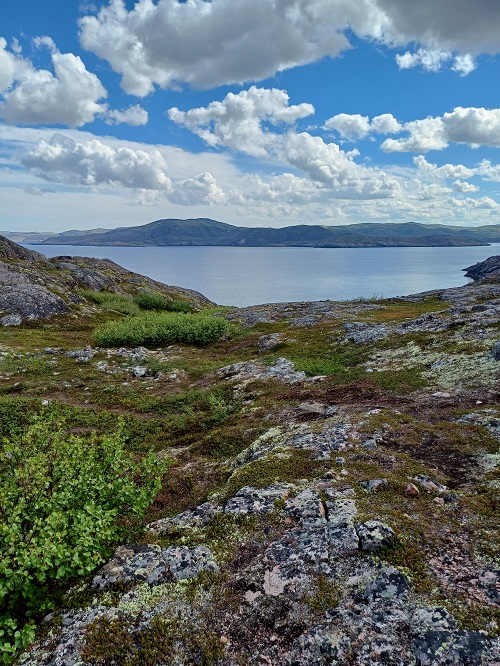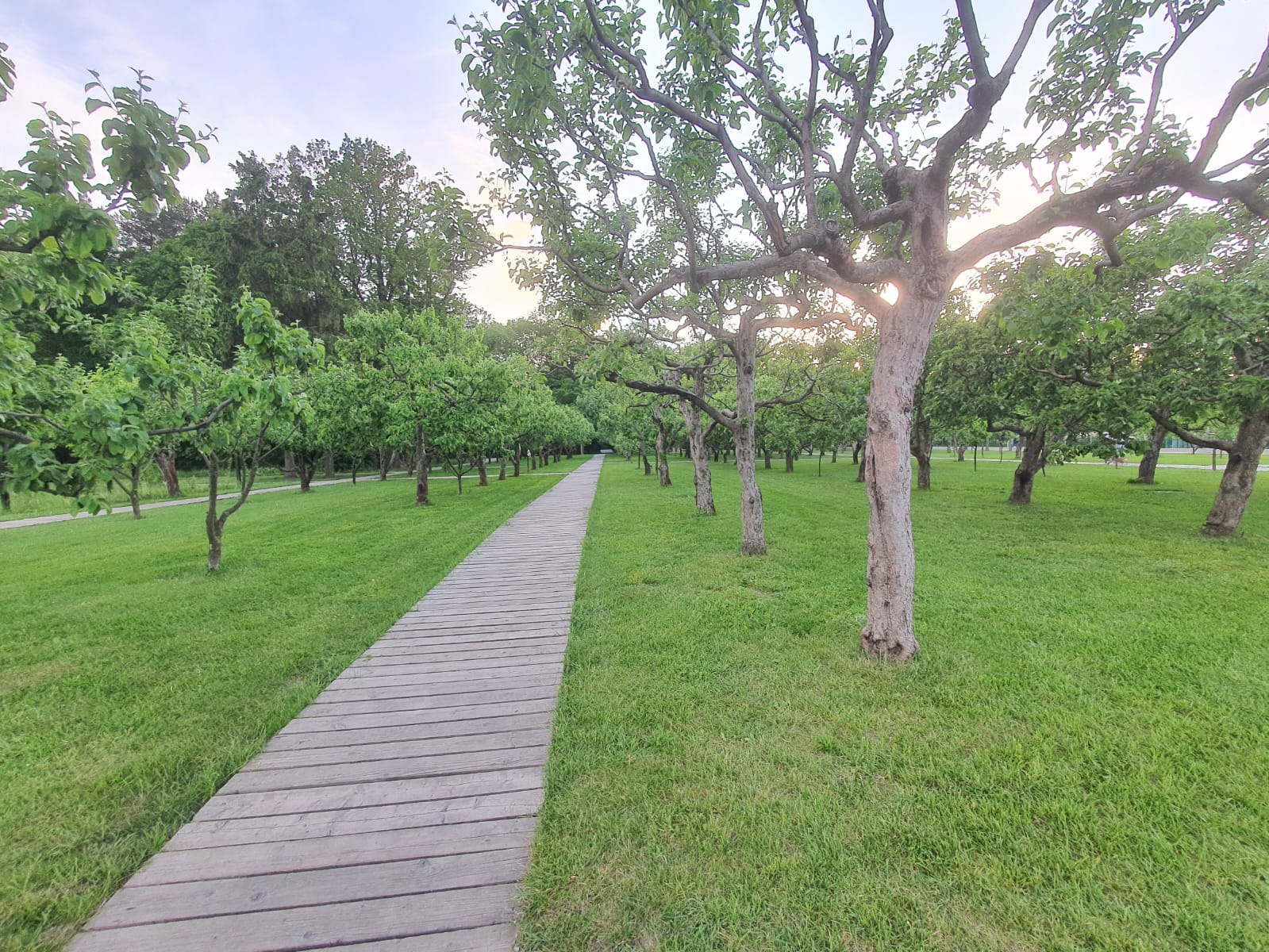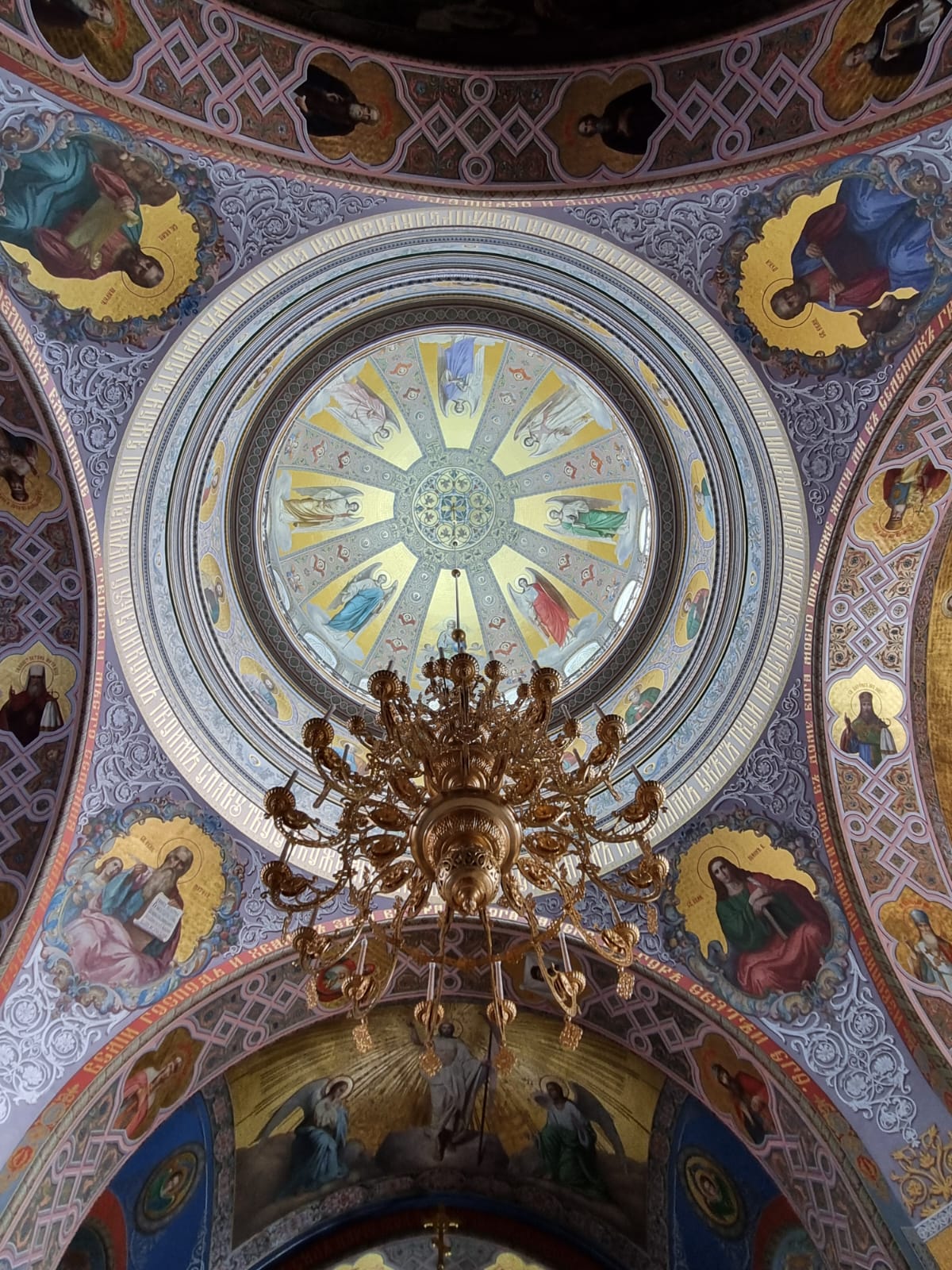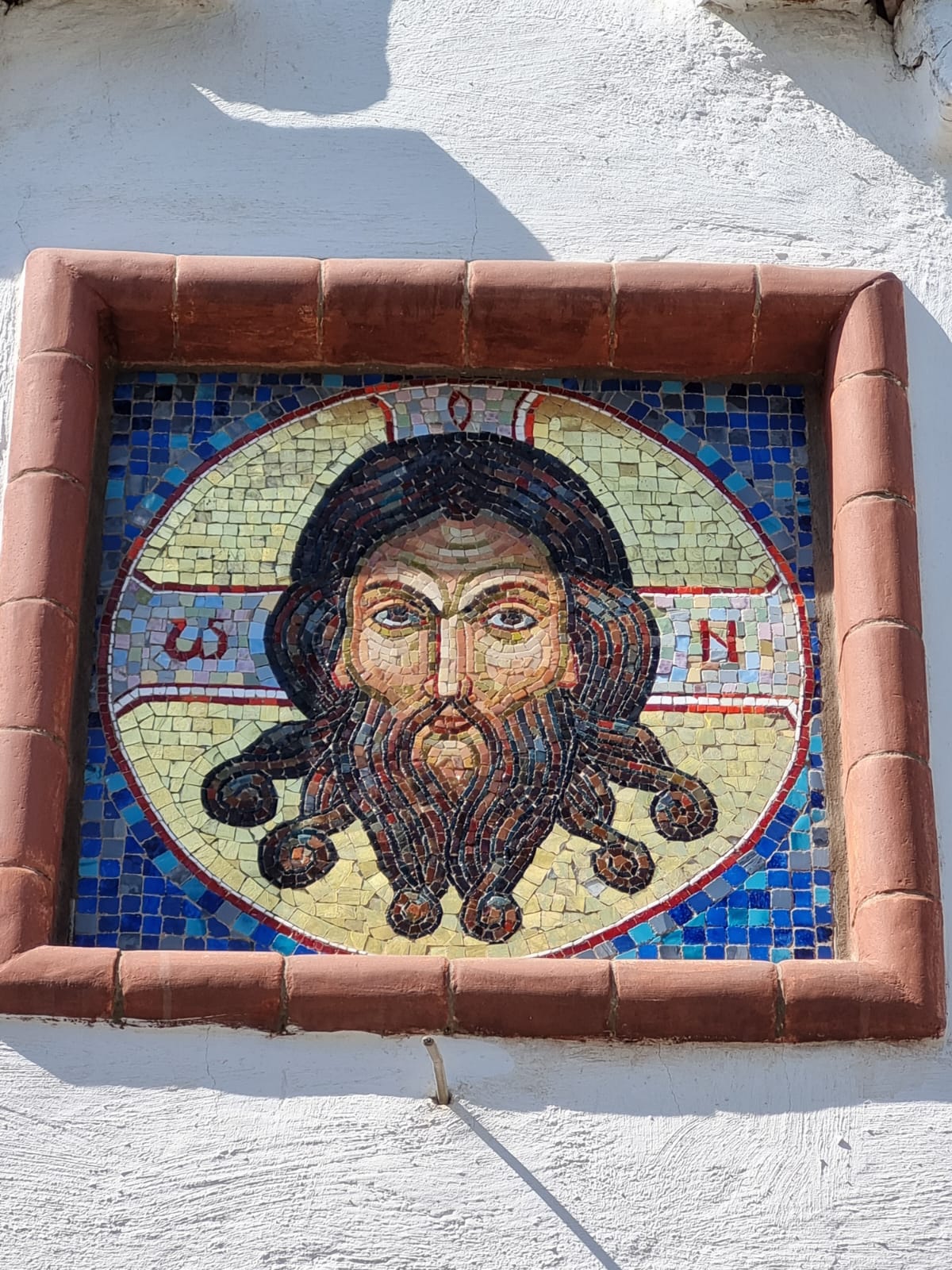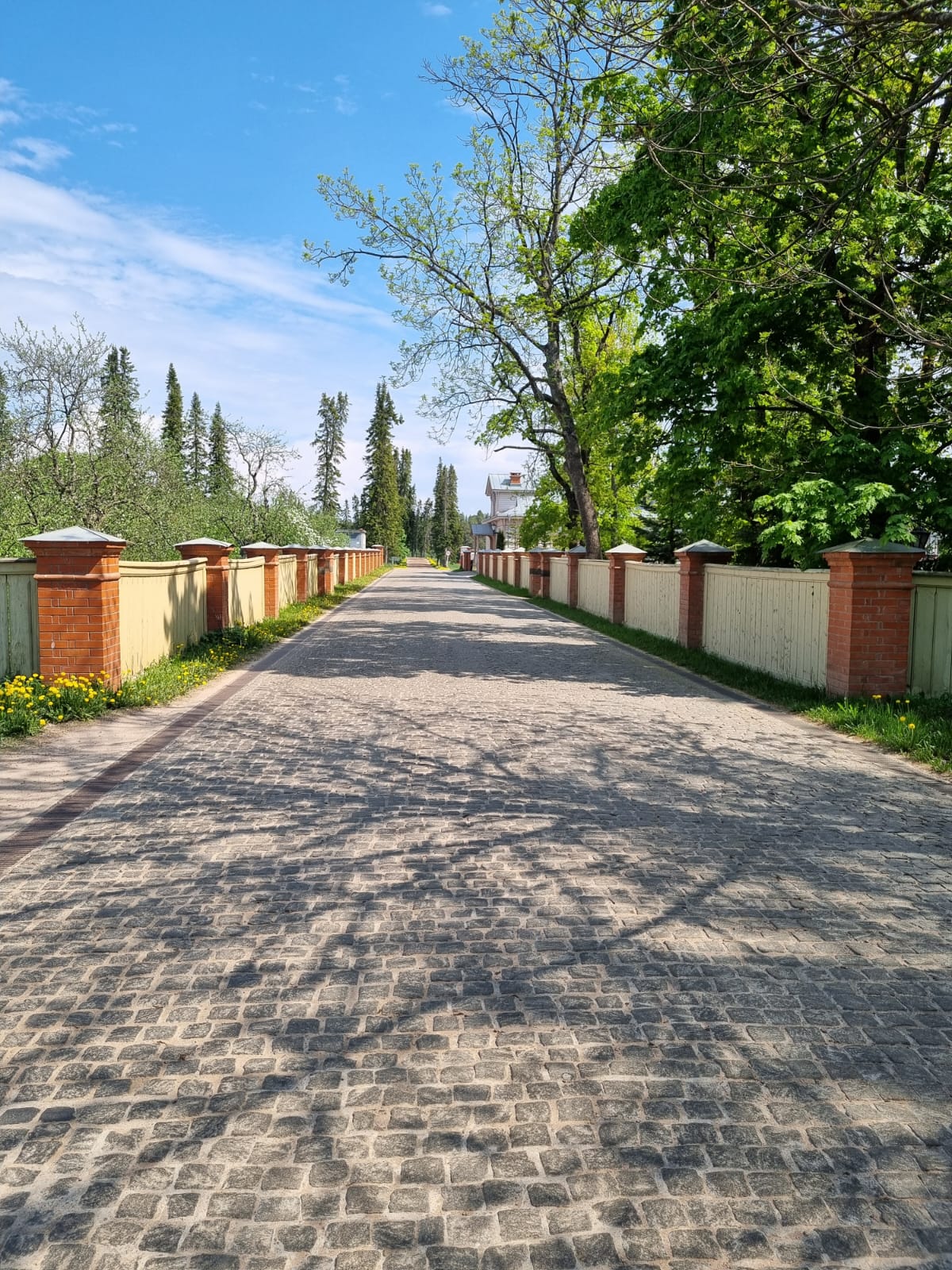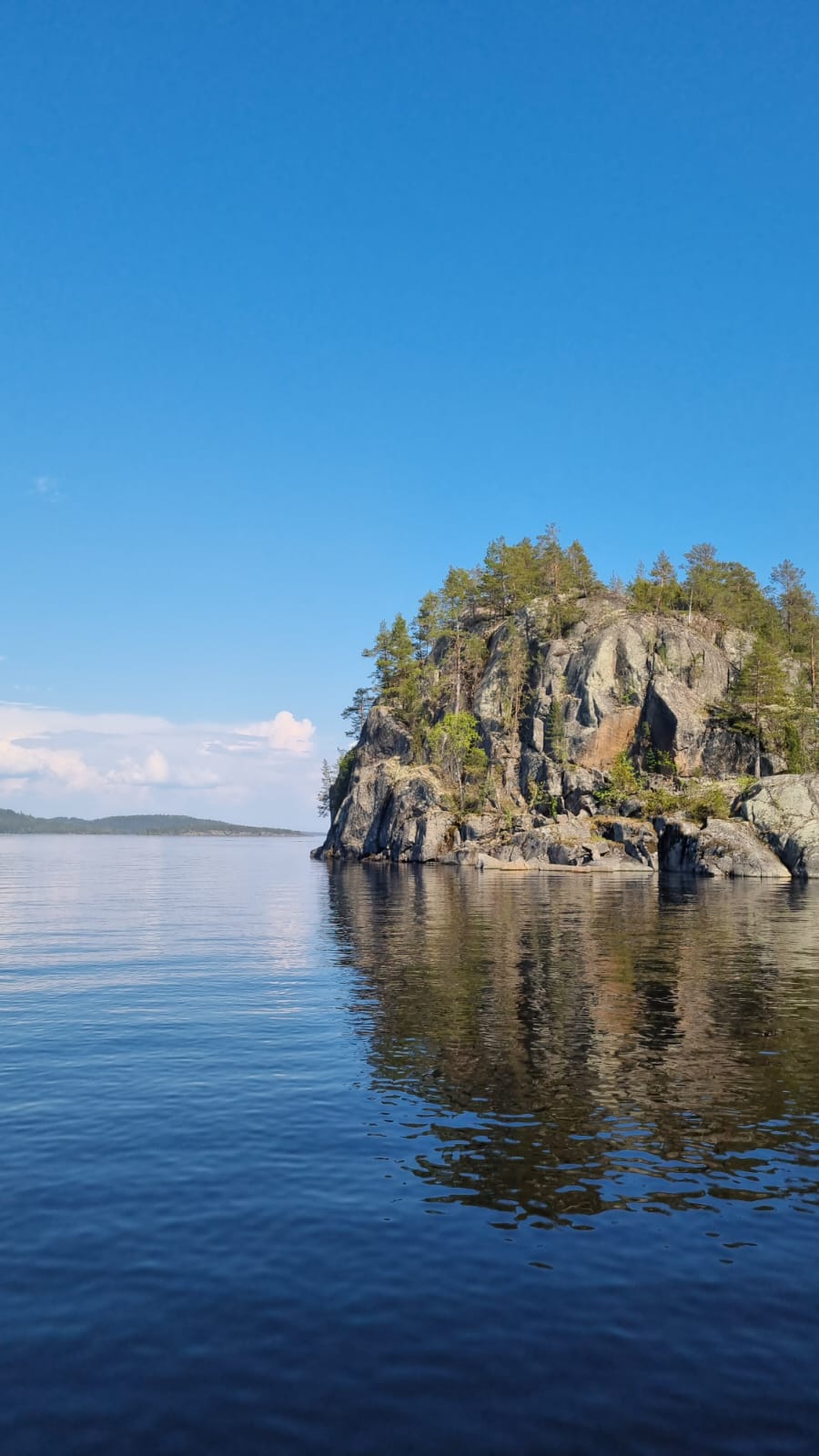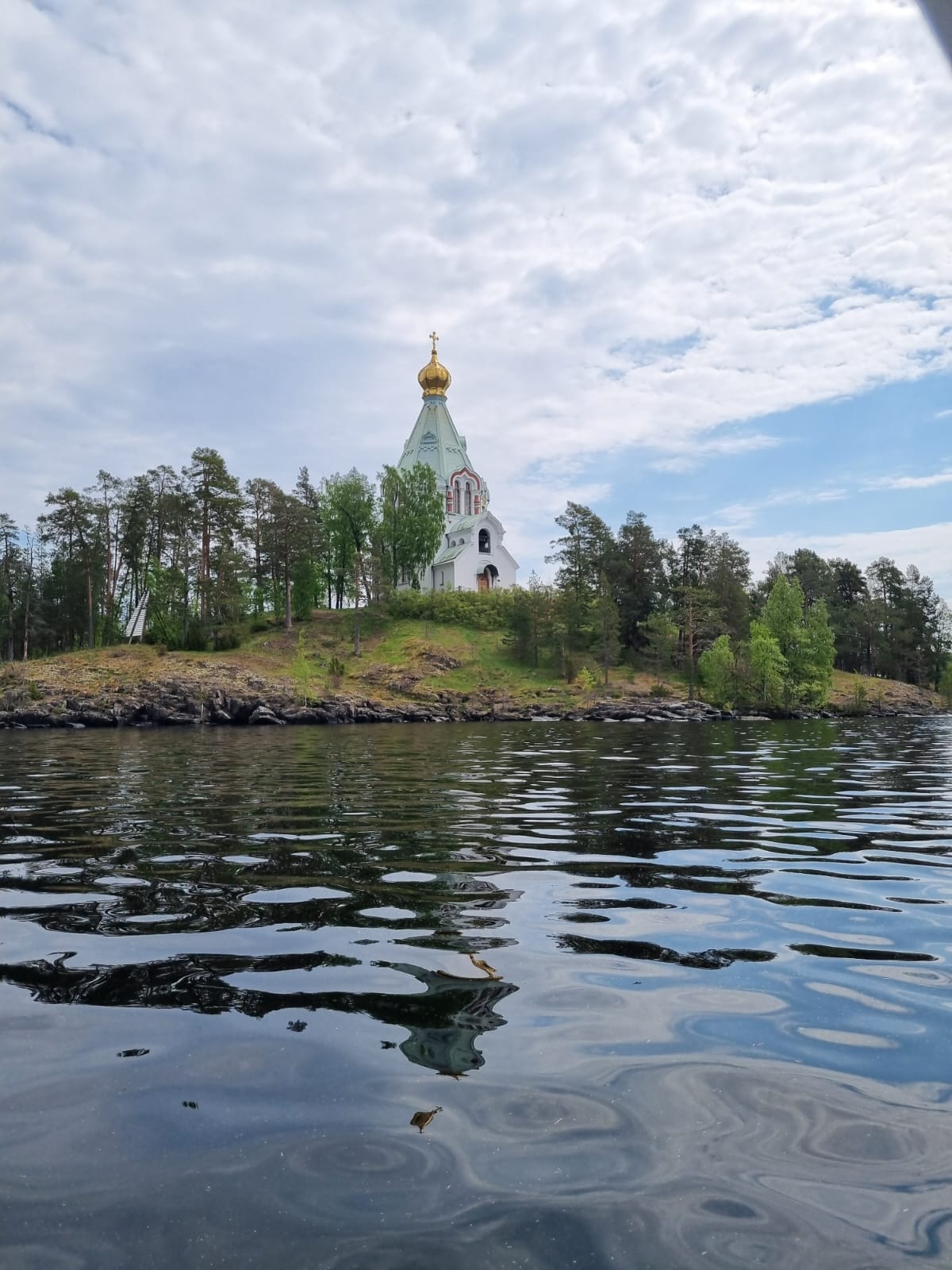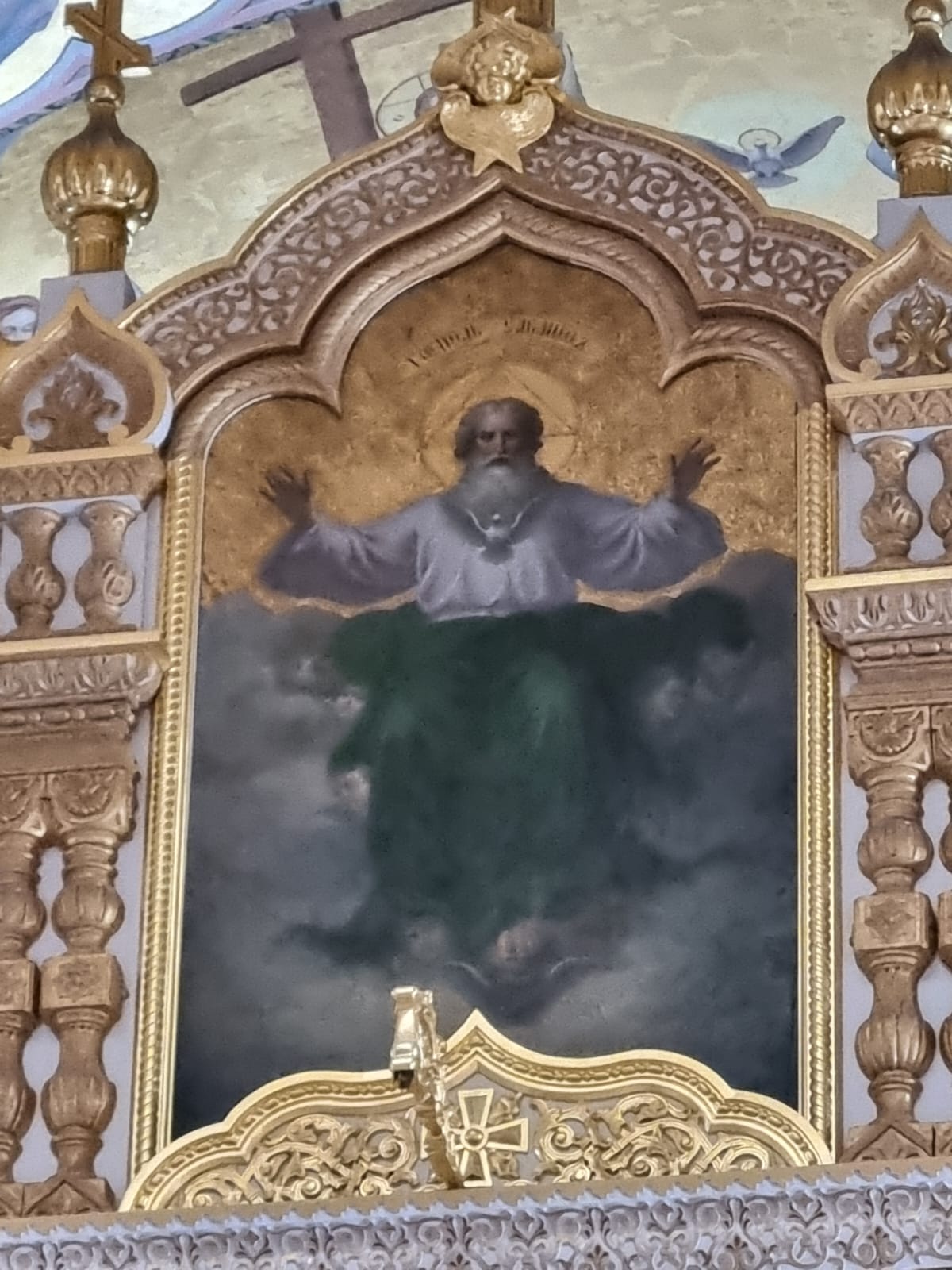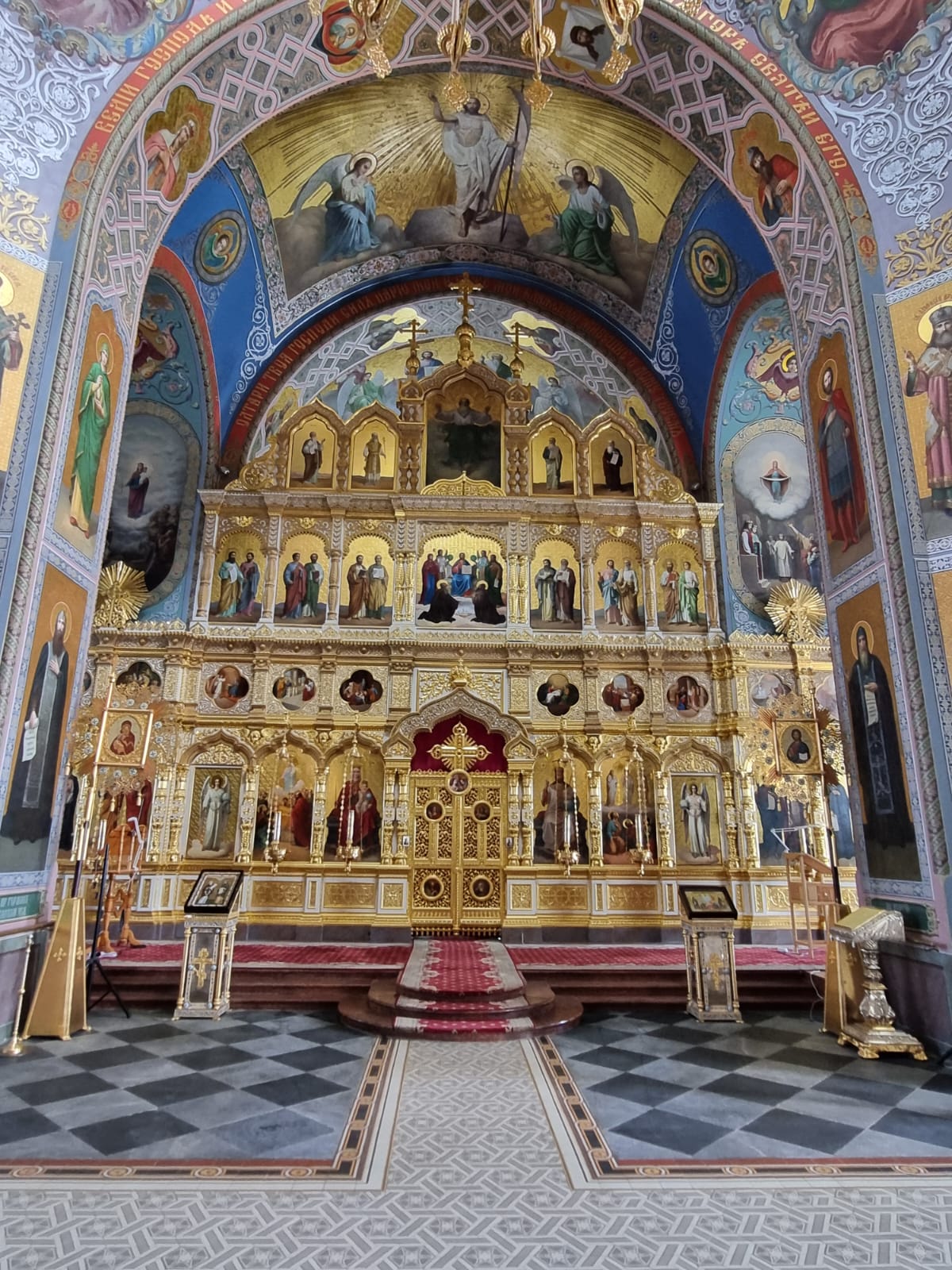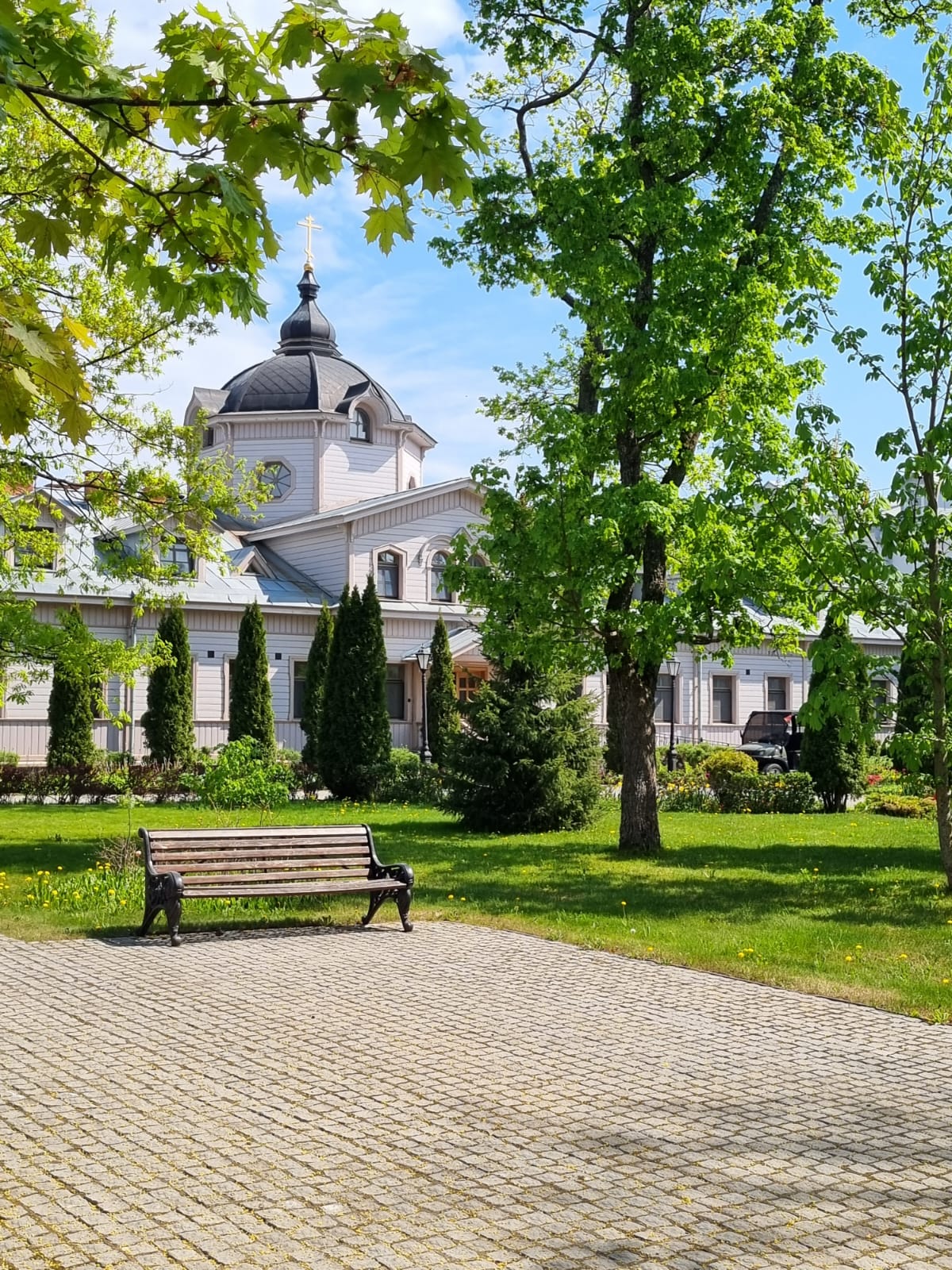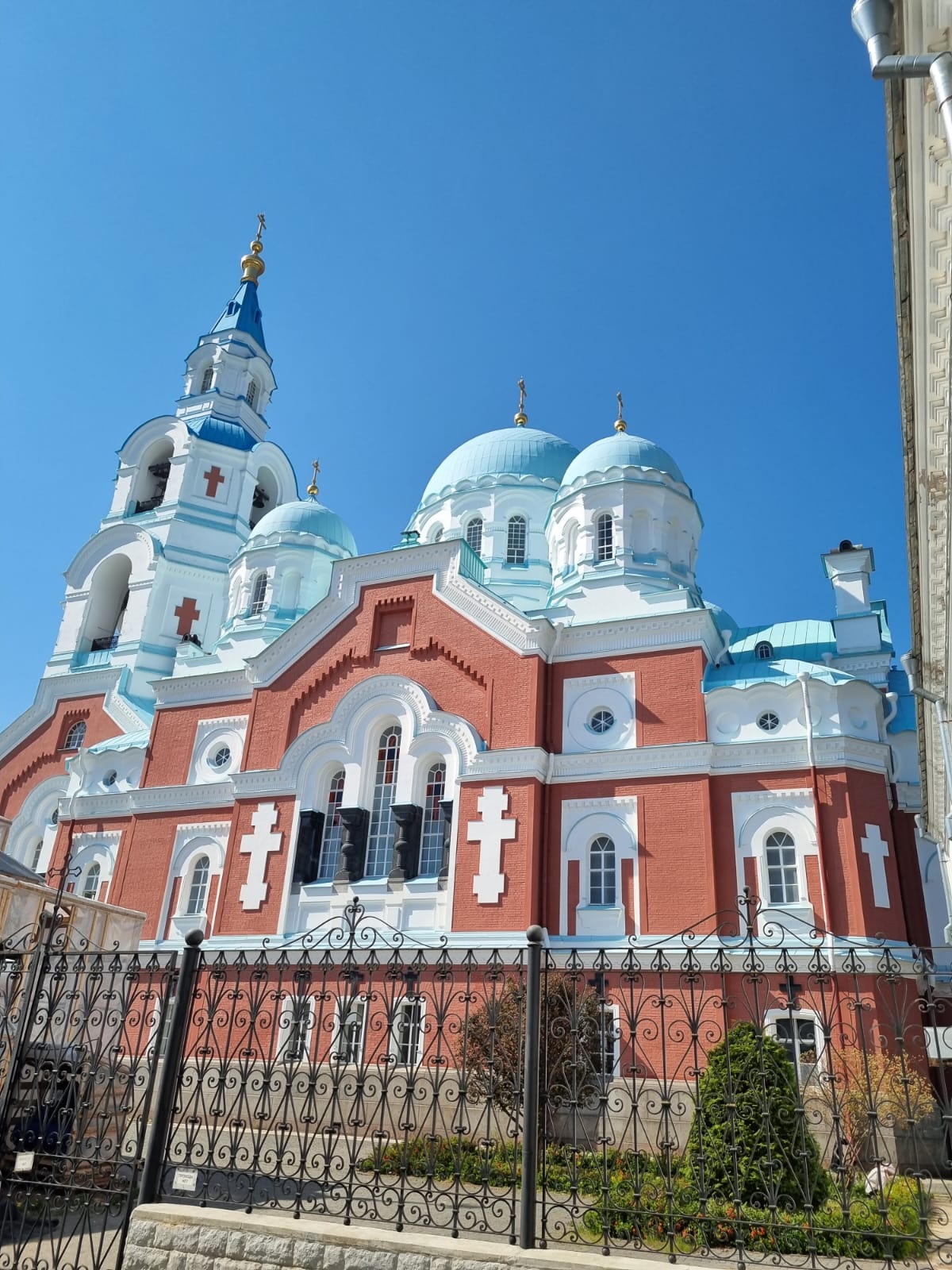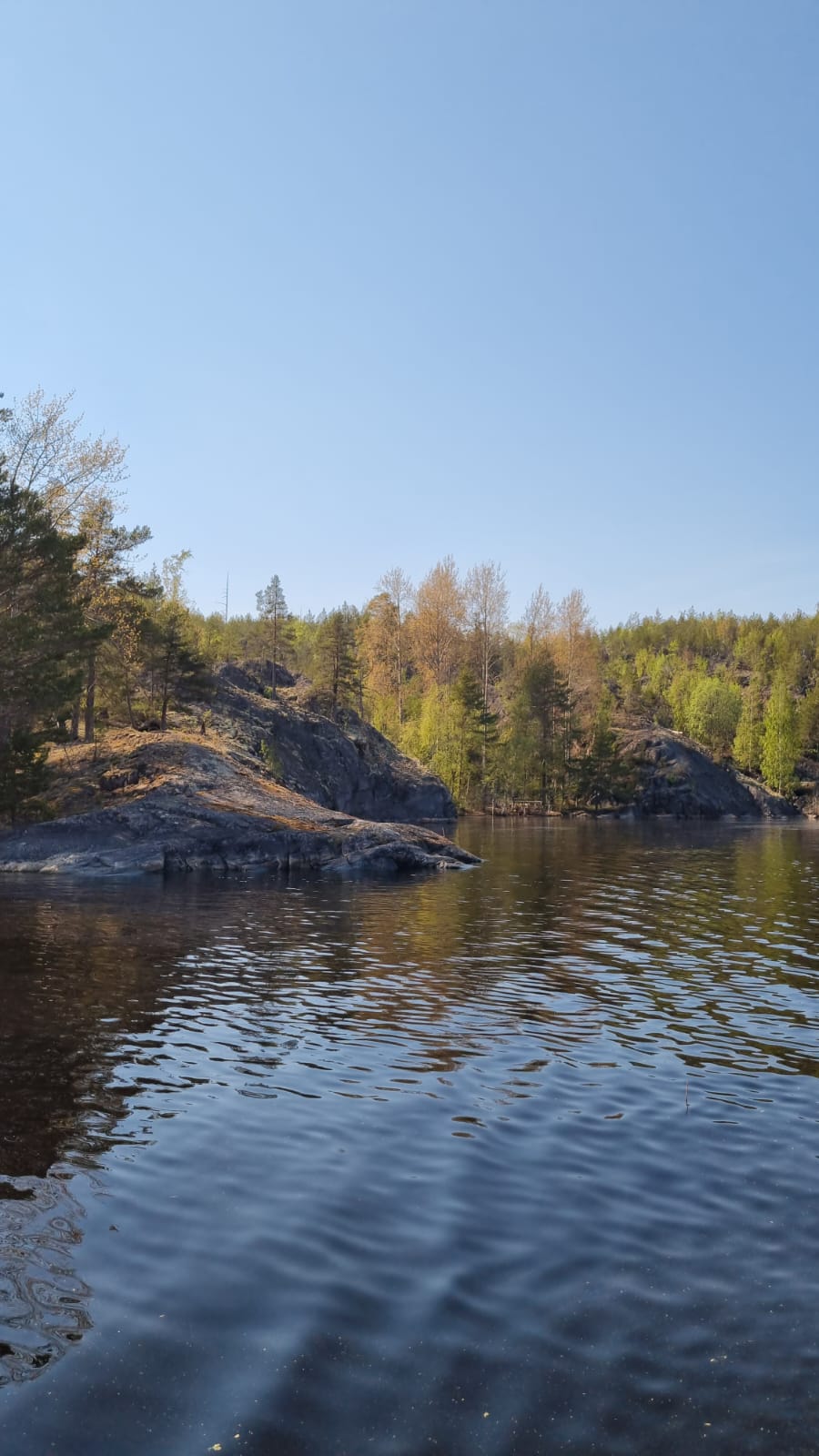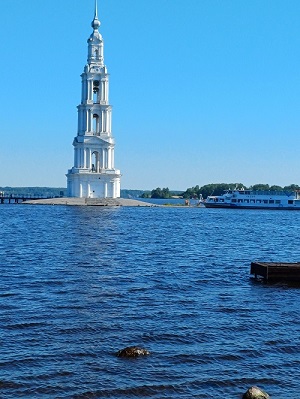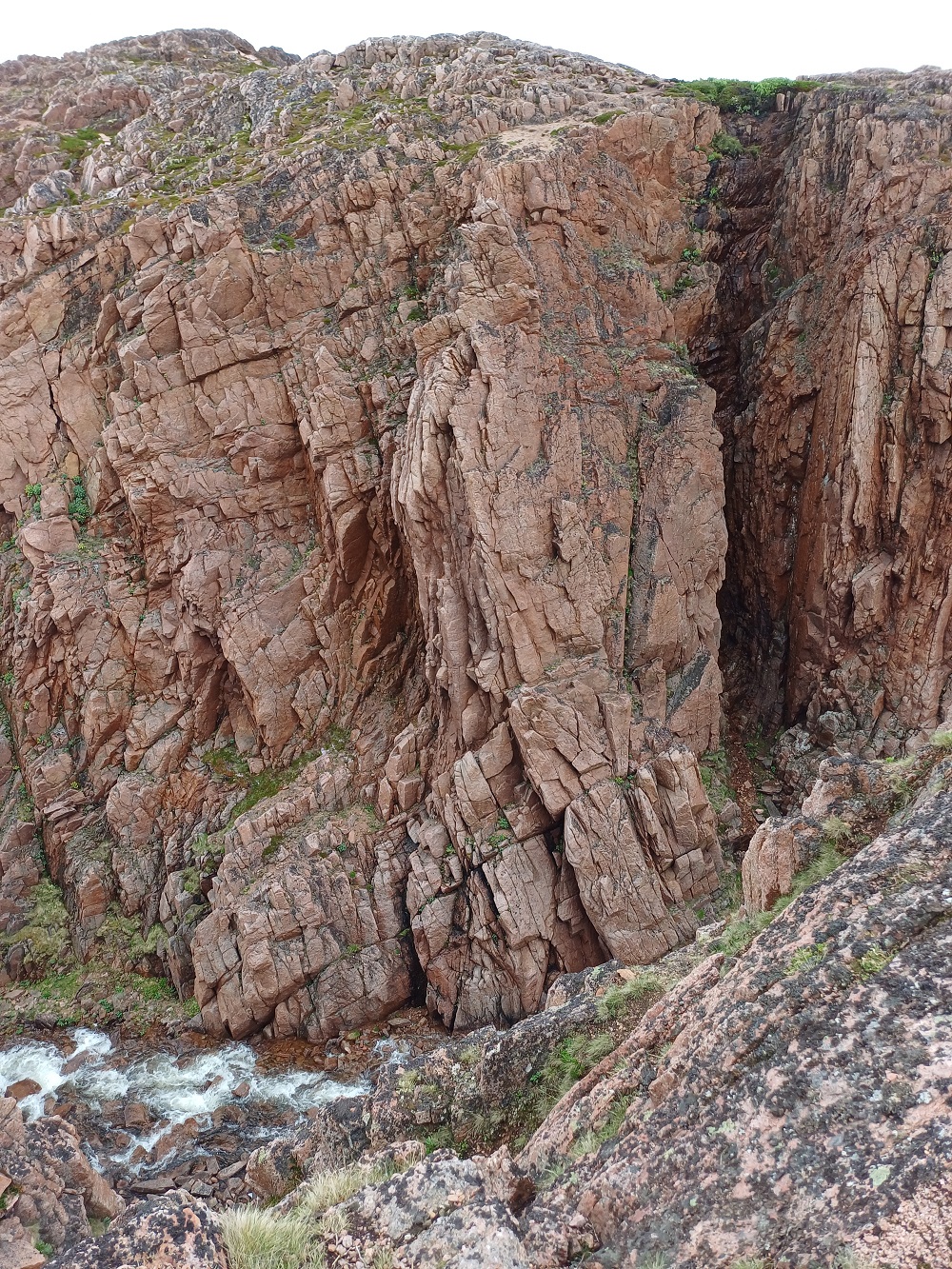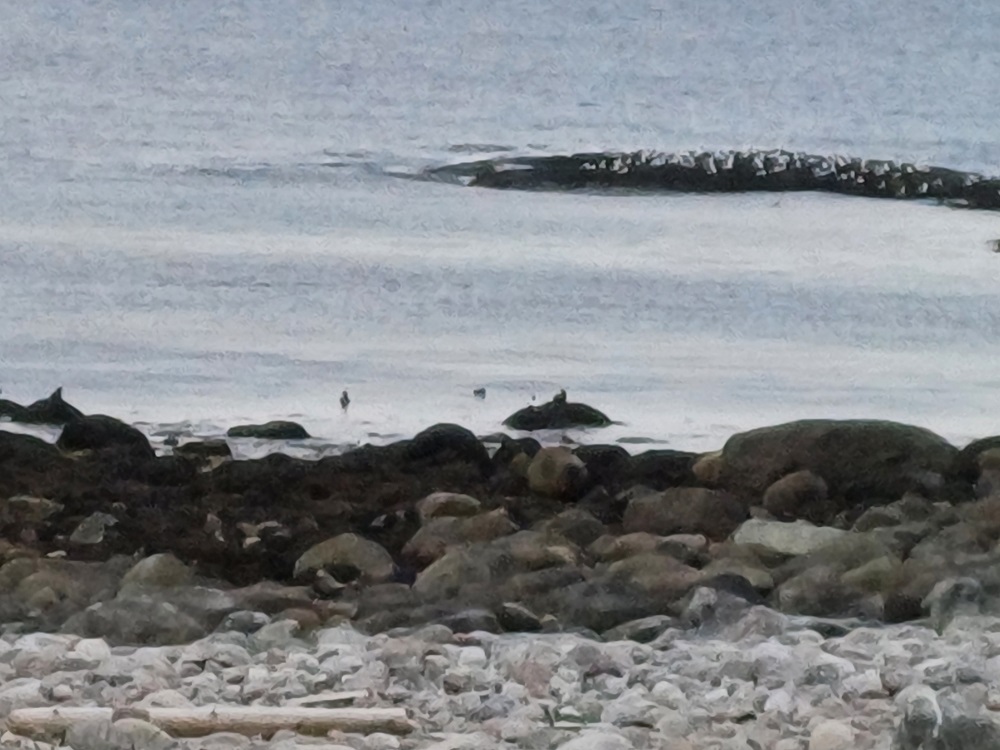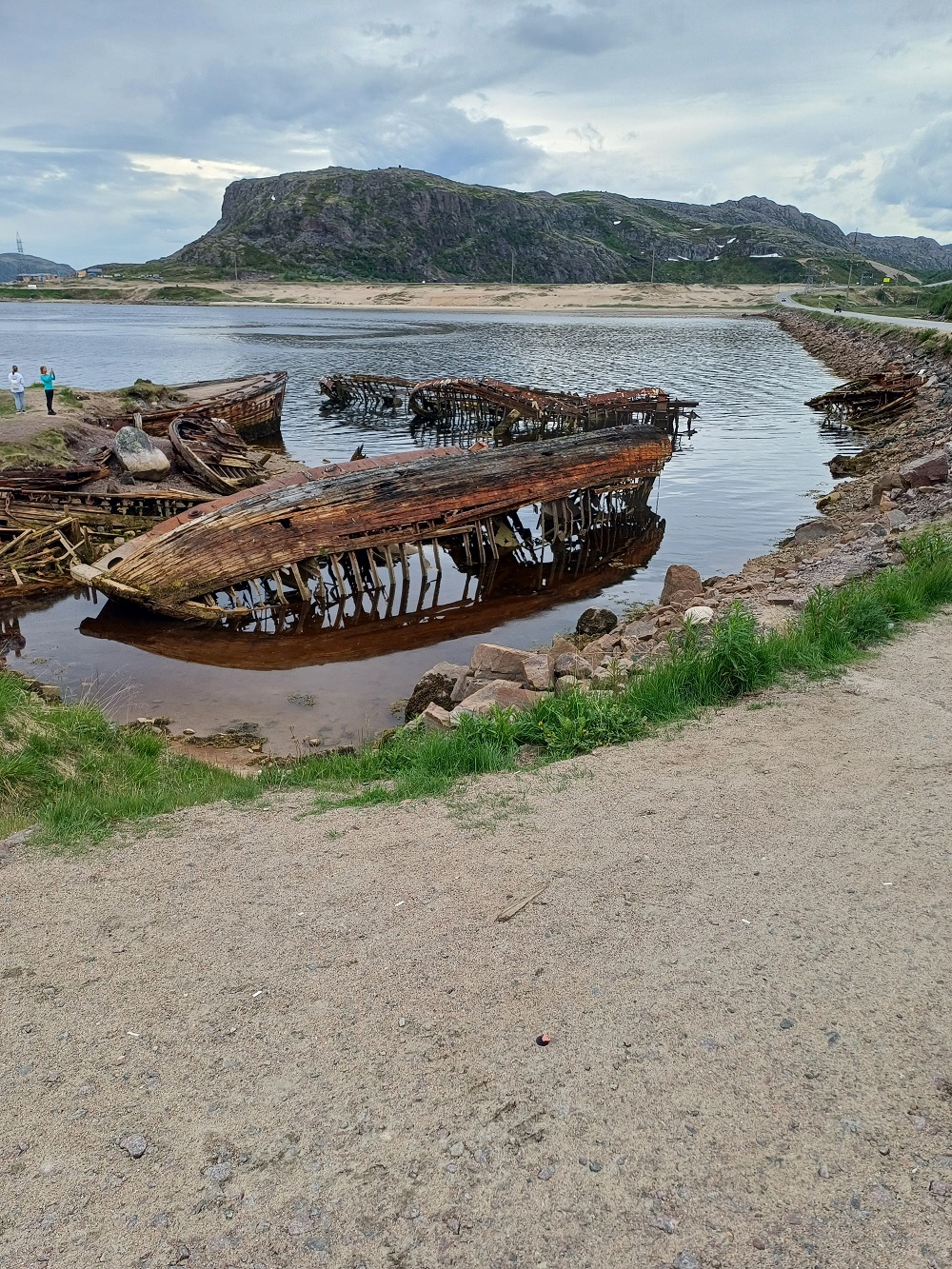Tver Oblast
Tver Oblast Located in the western part of Central Russia, the Tver Oblast is one of the historically significant regions of the country. Rich cultural heritage, picturesque natural landscapes and diverse economic opportunities make this region attractive to both tourists and investors. Among the attractions of the Tver Oblast, one can highlight numerous ancient churches and castles, as well as unique architectural monuments. In addition, the region is famous for its cultural events and folklore traditions. Despite the fact that the Tver Oblast remains less known compared to other regions of Russia, its potential is quite significant and deserves attention. History and Geography of the Tver Oblast The Tver Oblast is located in the central part of Russia and has a rich history dating back more than a thousand years. It is known for its ancient cities such as Tver, Staritsa, Kashin, which played a significant role in the formation of the Russian state. Geographically, the region is diverse - here you can find lakes, rivers, forests and rural areas. The Tver Region is a historical and cultural center of Russia, attracting many tourists from different parts of the world. The accumulated experience and wealth of the region make it an important object of study for researchers and history buffs. Economy and industry of the region The Tver Region is one of the important economic centers of Central Russia. The region is rich in natural resources such as forests, land, water resources, which contributes to the development of agriculture, forestry and fisheries.
The industry of the Tver region is represented by mechanical engineering, chemical, food and light industries.
However, in recent years there has been a decline in production volumes due to economic problems and lack of investment. To stimulate the development of the region's economy, it is necessary to attract investors, modernize production facilities and improve infrastructure. Cultural heritage of the Tver region The Tver region is rich in cultural heritage, reflecting its rich history and centuries-old traditions. One of the symbols of the region is the Kremlin in the city of Tver, which is an architectural monument of the 17th century. Also in the region you can find many ancient churches and monasteries, each of which tells its own unique story. Traditional folk crafts such as wood carving, embroidery and wood painting play an important role in the cultural heritage. Tver Oblast carefully preserves its cultural heritage and opens it to visitors and residents of the region, allowing them to immerse themselves in the unique atmosphere of the past.
Tourist attractions of the region
Tver Oblast is rich in cultural and natural attractions that attract tourists from all over the world. One of the symbols of the region is the Tver Kremlin - an architectural complex of the 12th-18th centuries, including the Annunciation Church, Ivan the Great Cathedral, boyars' chambers and a stone bridge across the Tvertsa River. Another popular destination for visiting is the city of Torzhok with its historical center, where you can see the Assumption Cathedral, monastery and old houses. Zavidovo National Park attracts lovers of active recreation with its picturesque landscapes and diversity of flora and fauna. Thus, tourist attractions of the Tver Oblast allow everyone to enjoy the beauty and rich history of this amazing region.
Modern Development and Prospects of the Tver Region
Modern development of the Tver Region is characterized by rapid development of infrastructure, attraction of investments and implementation of large projects. The region is actively working on developing tourism potential, building new hotels, restaurants and entertainment complexes. The Tver Region is also actively promoting its agricultural and industrial projects, which contributes to increased production and expansion of economic opportunities. In general, the development prospects of the region promise to be favorable with a bias towards sustainable and sustainable economic development.


